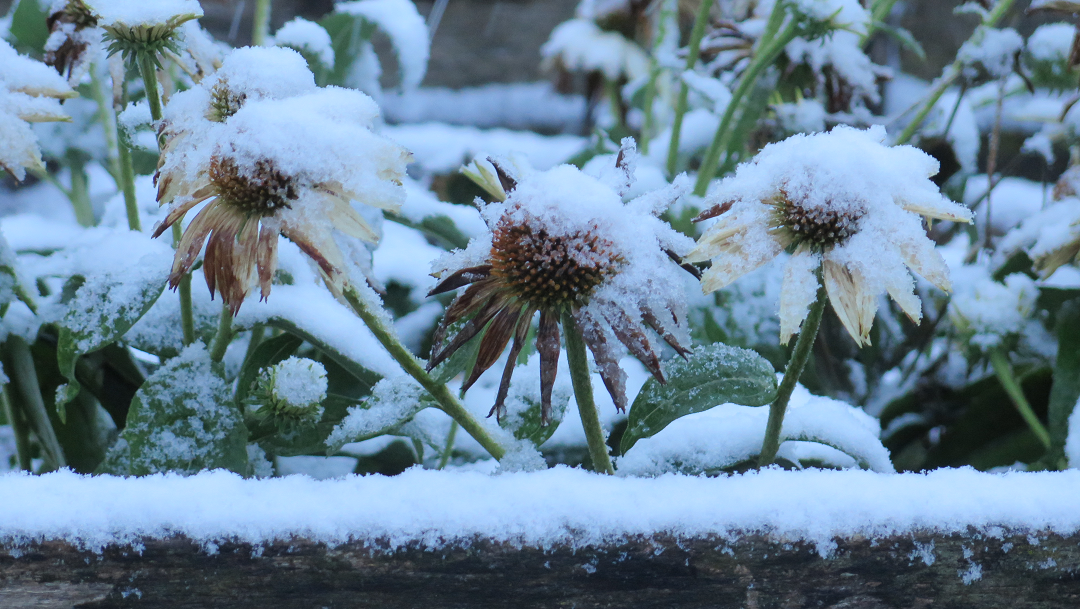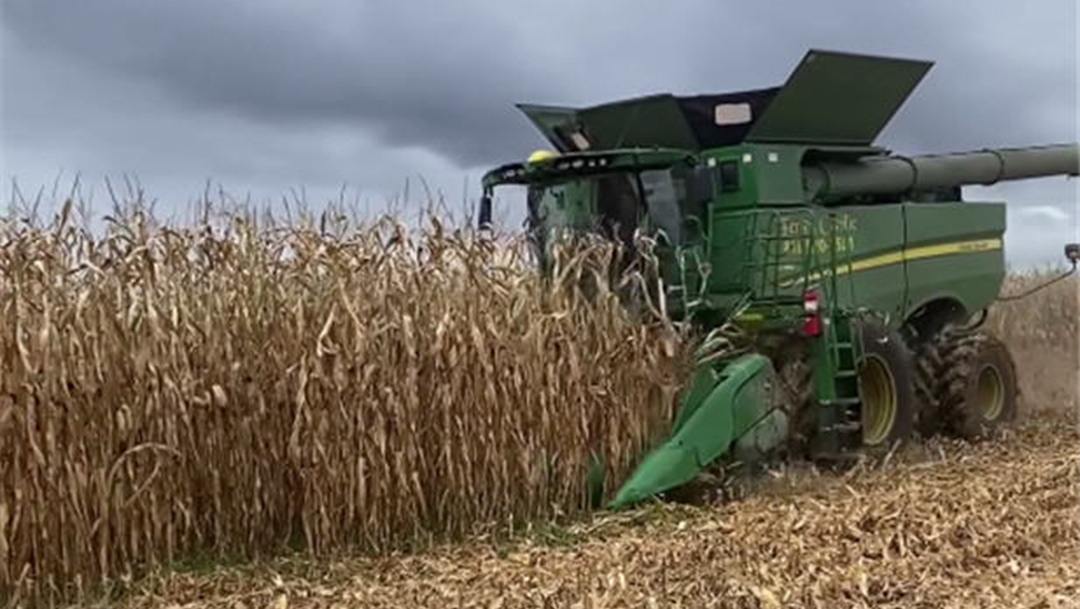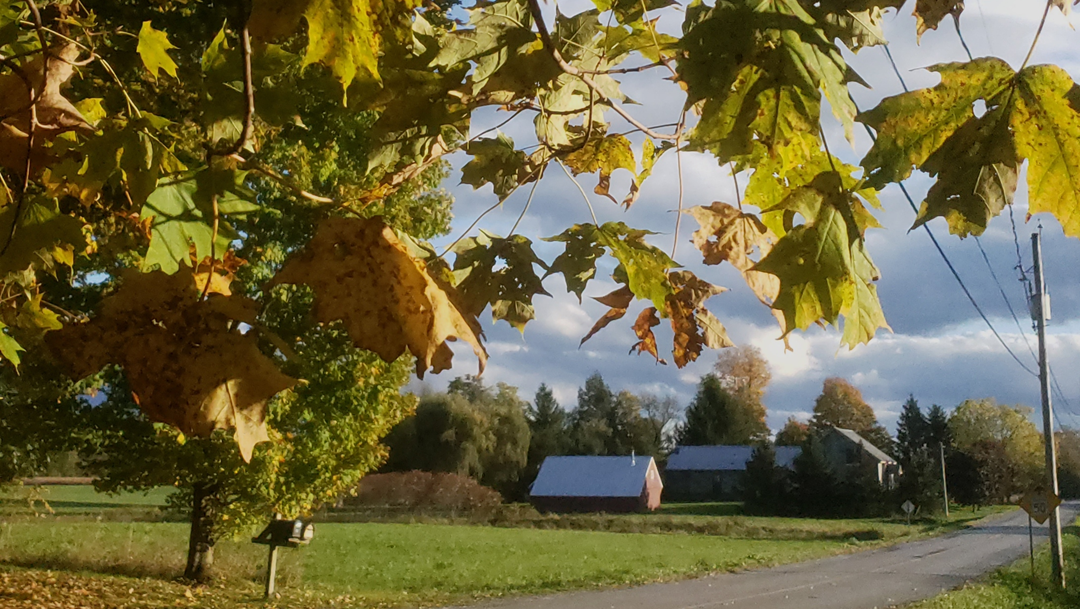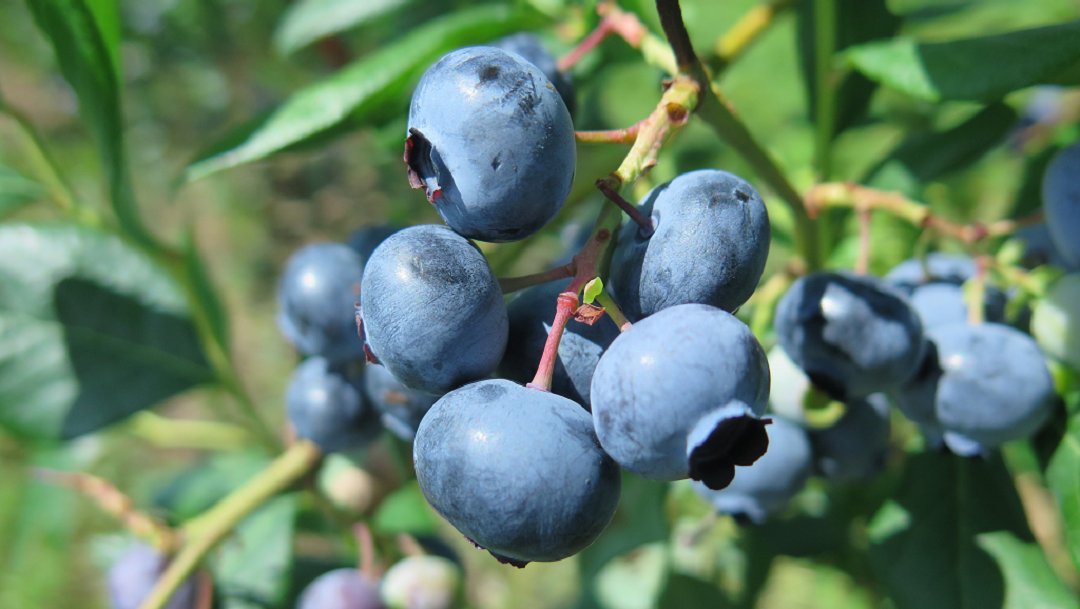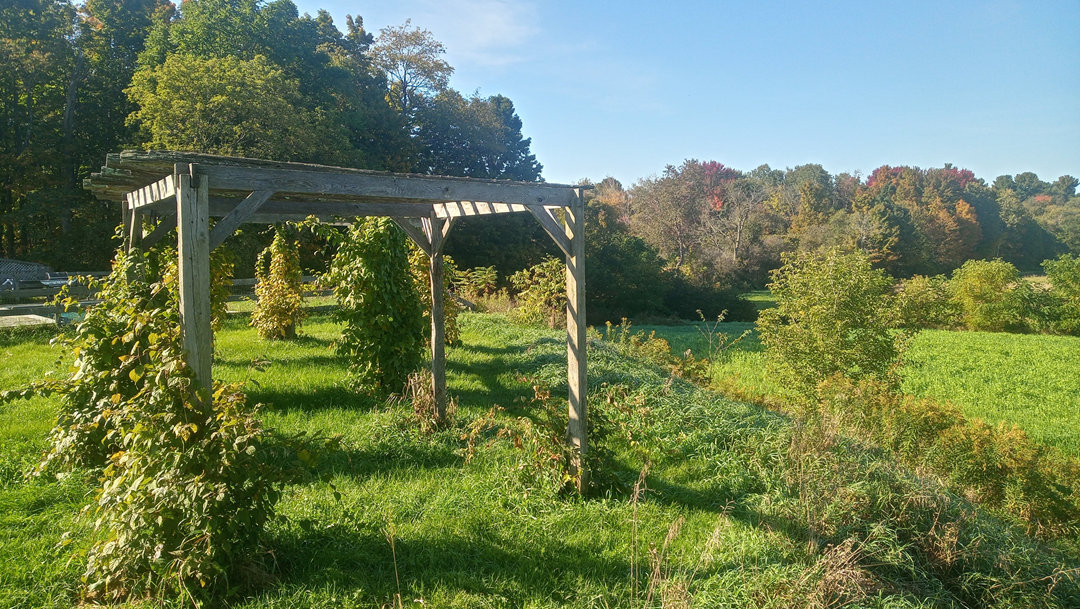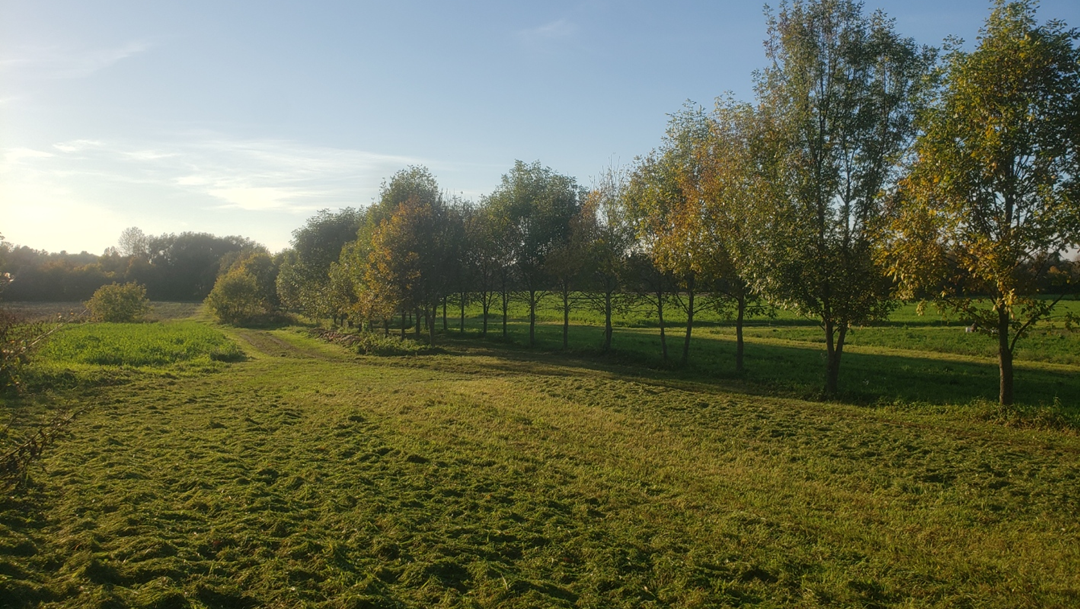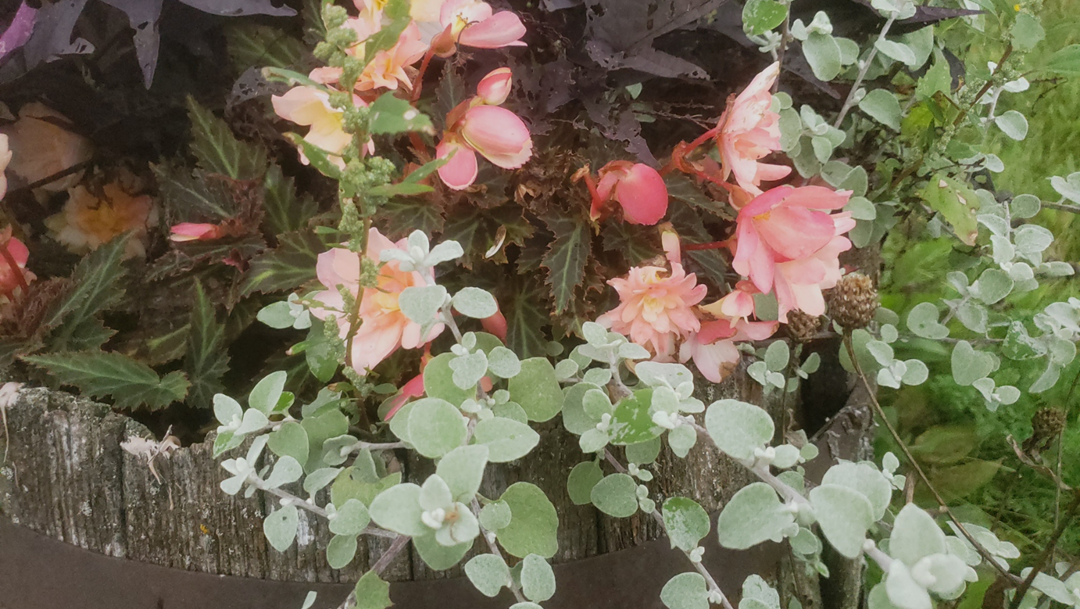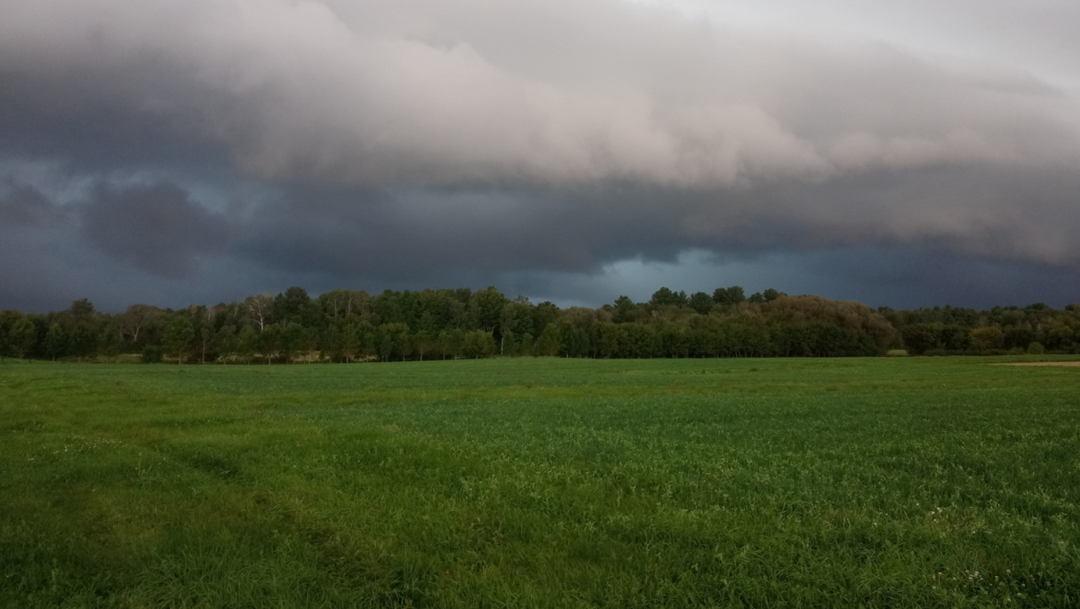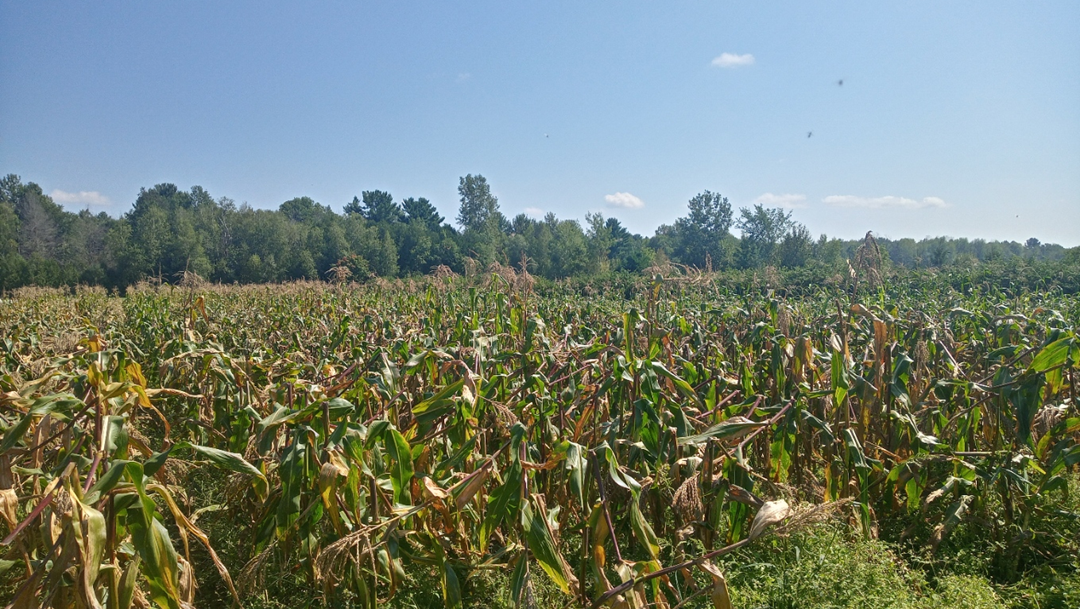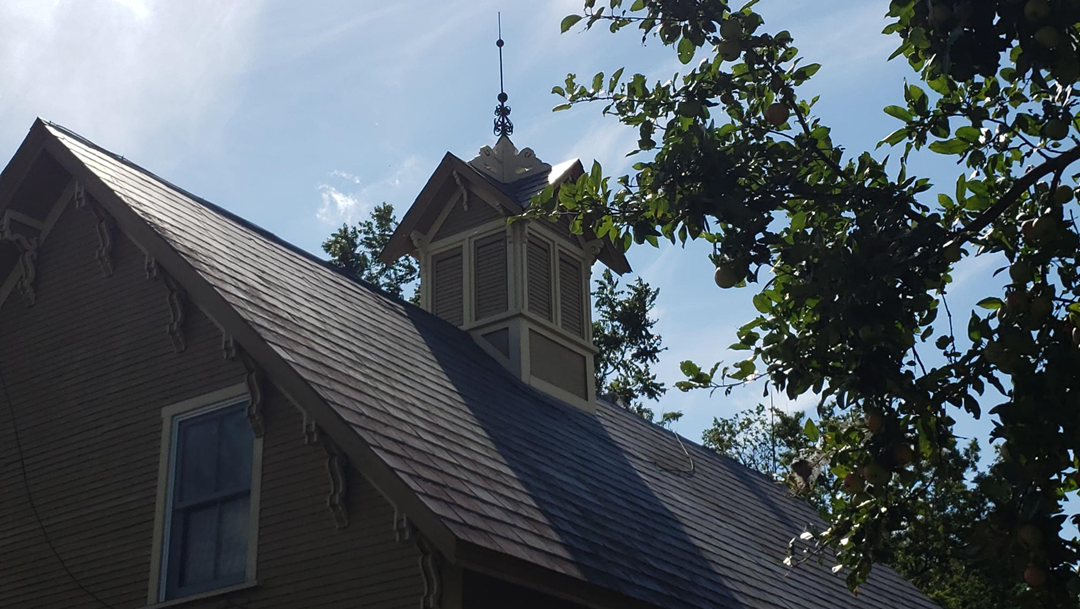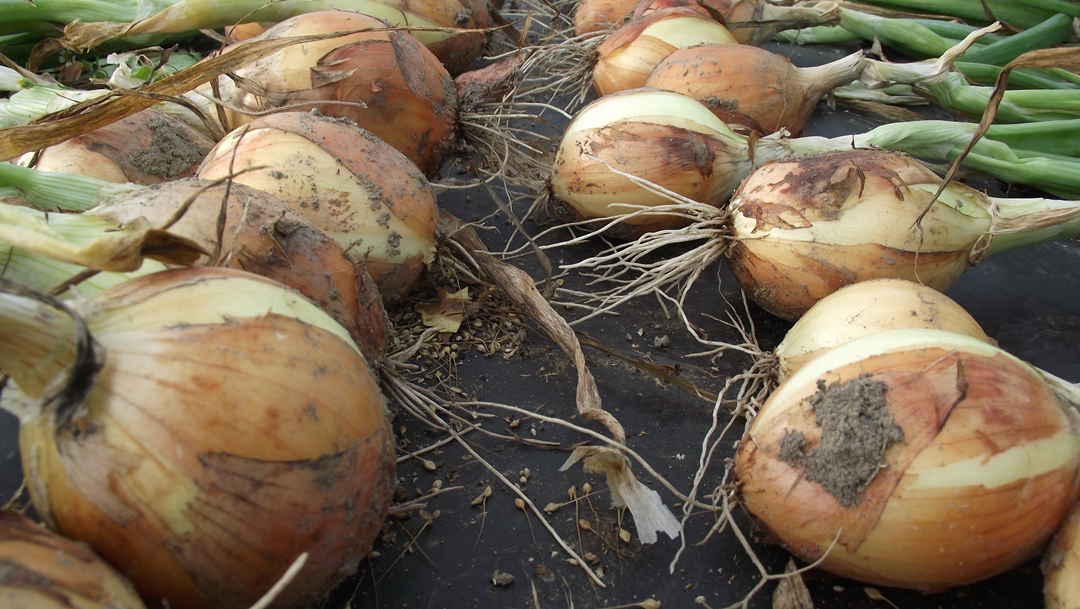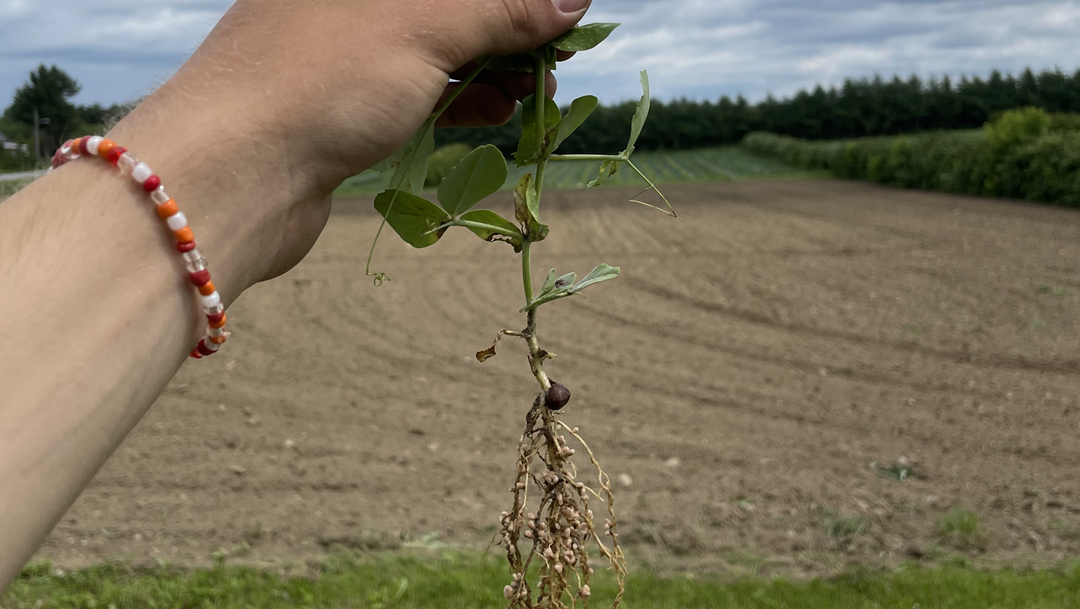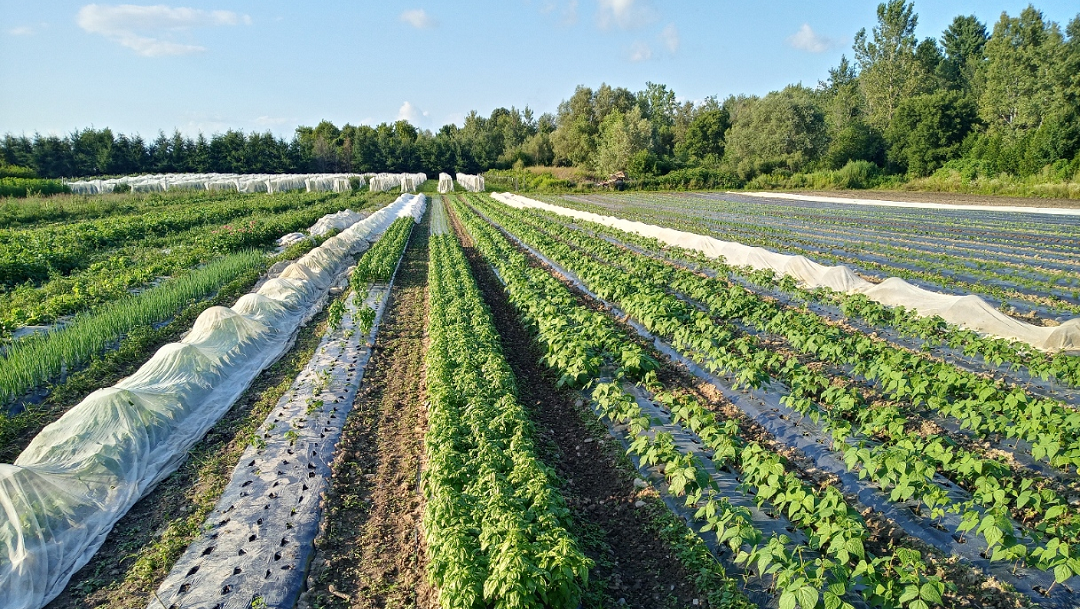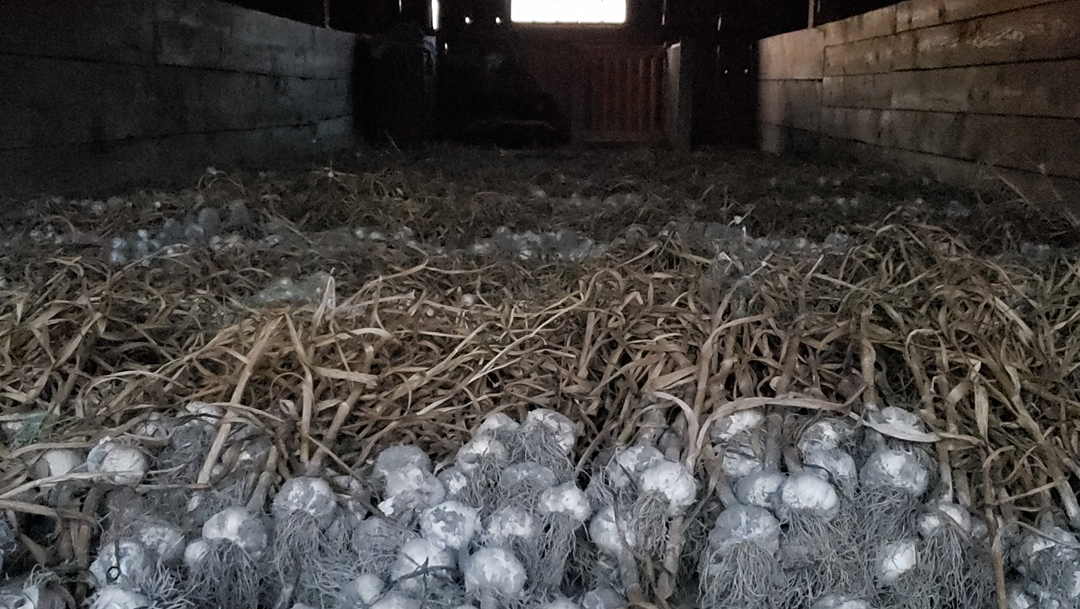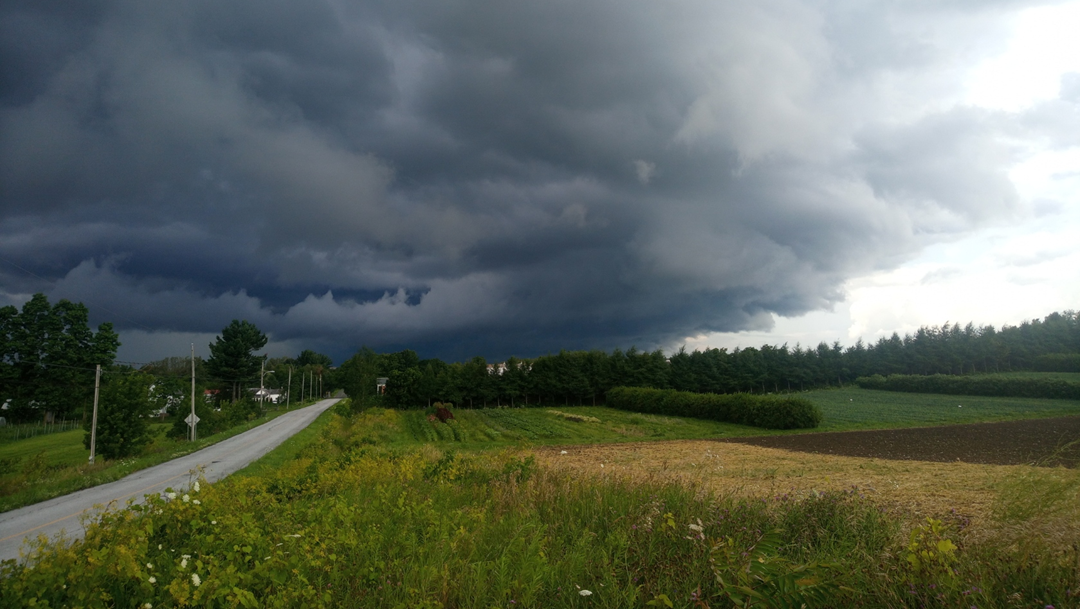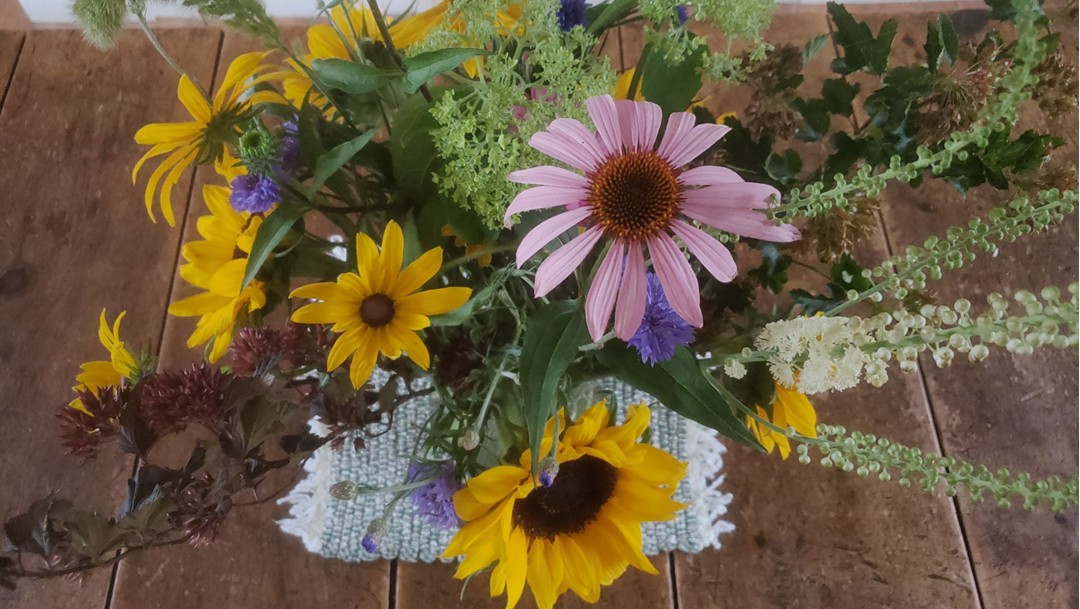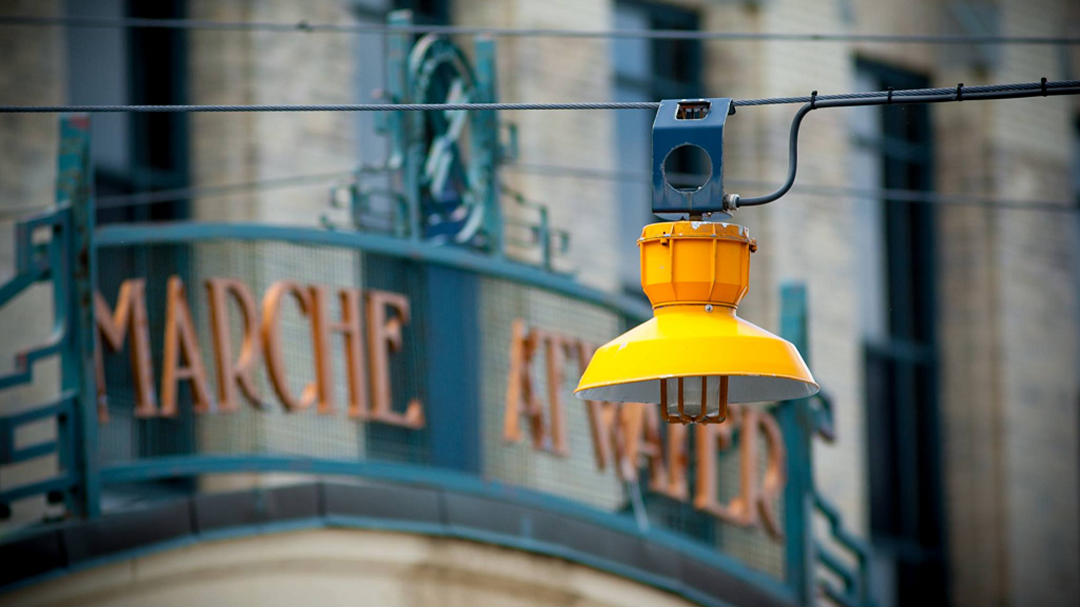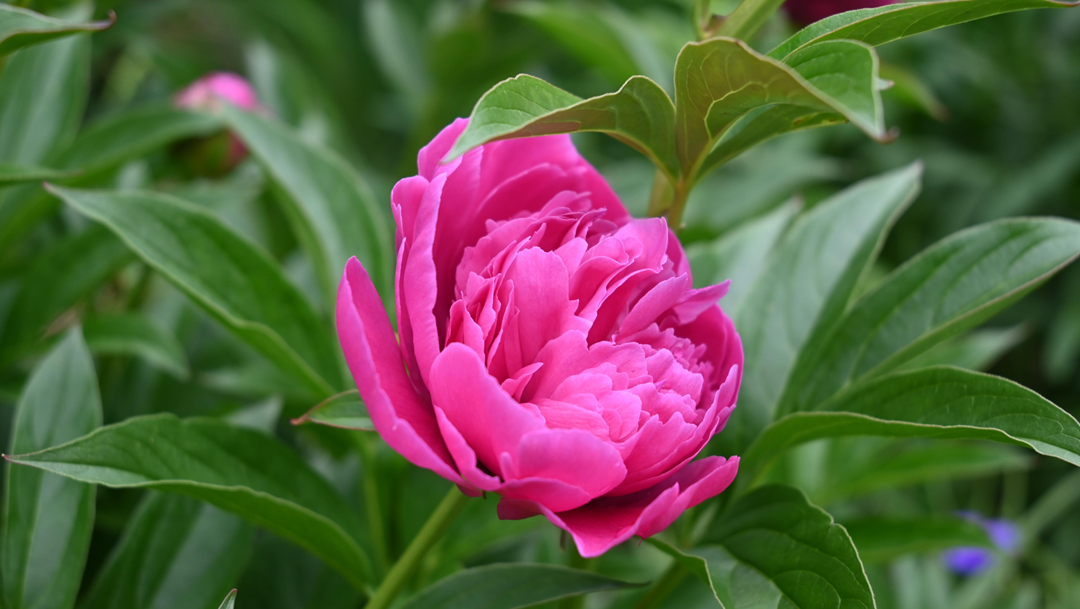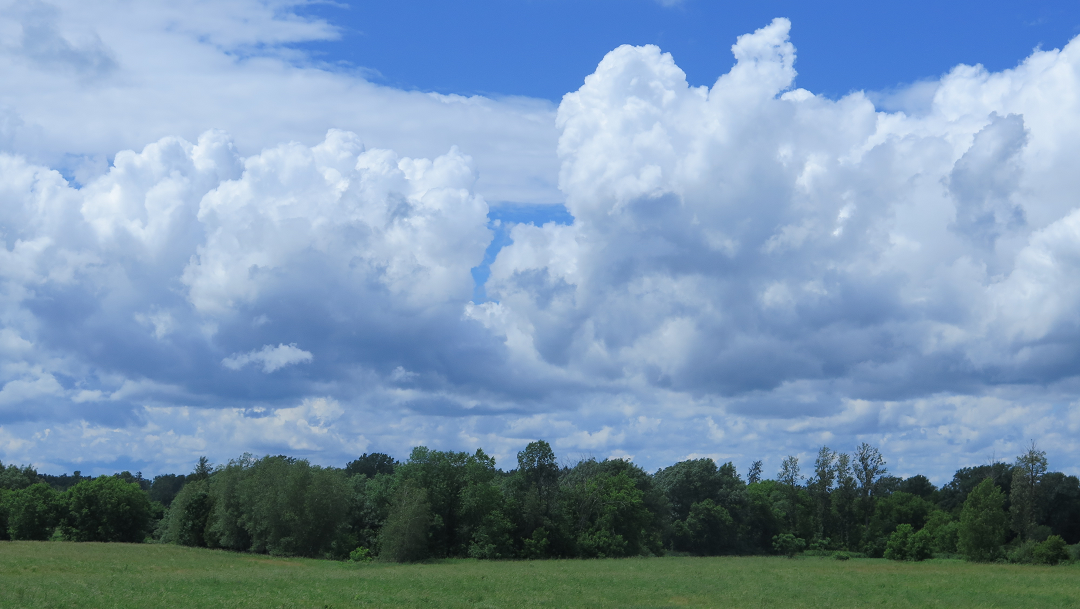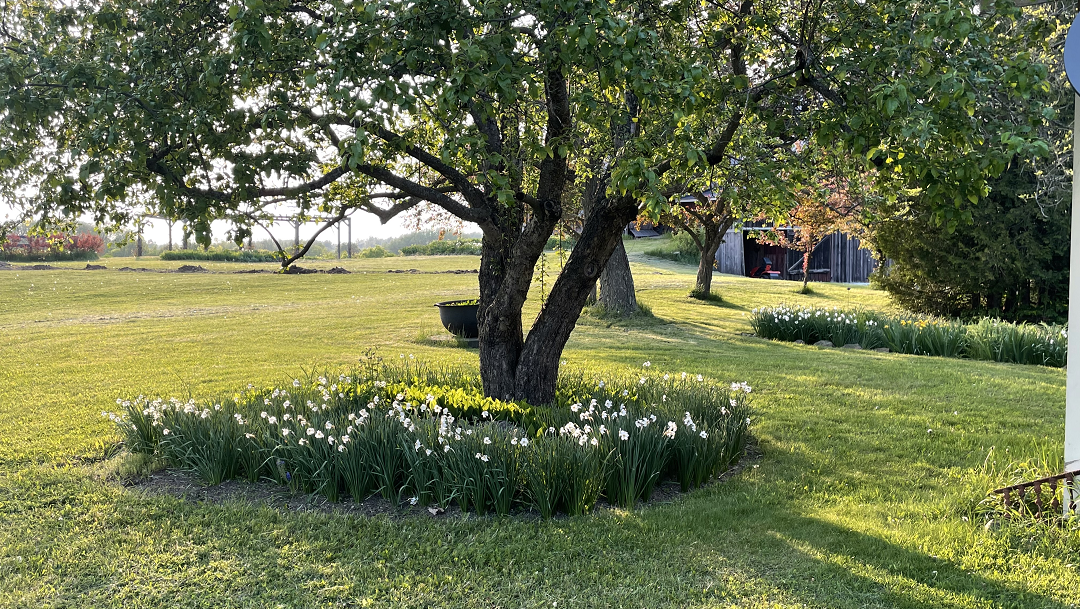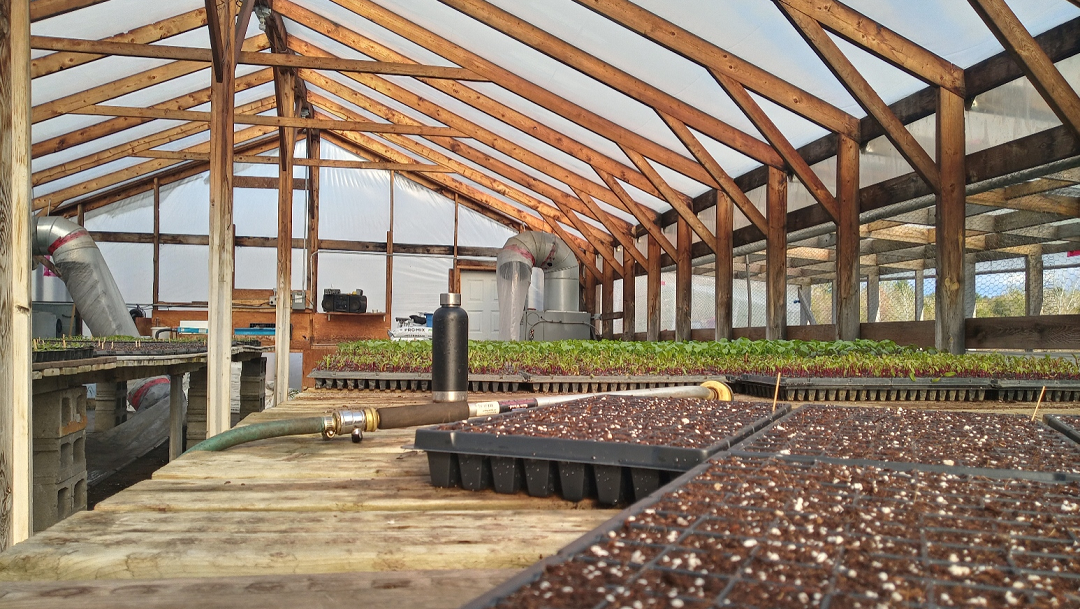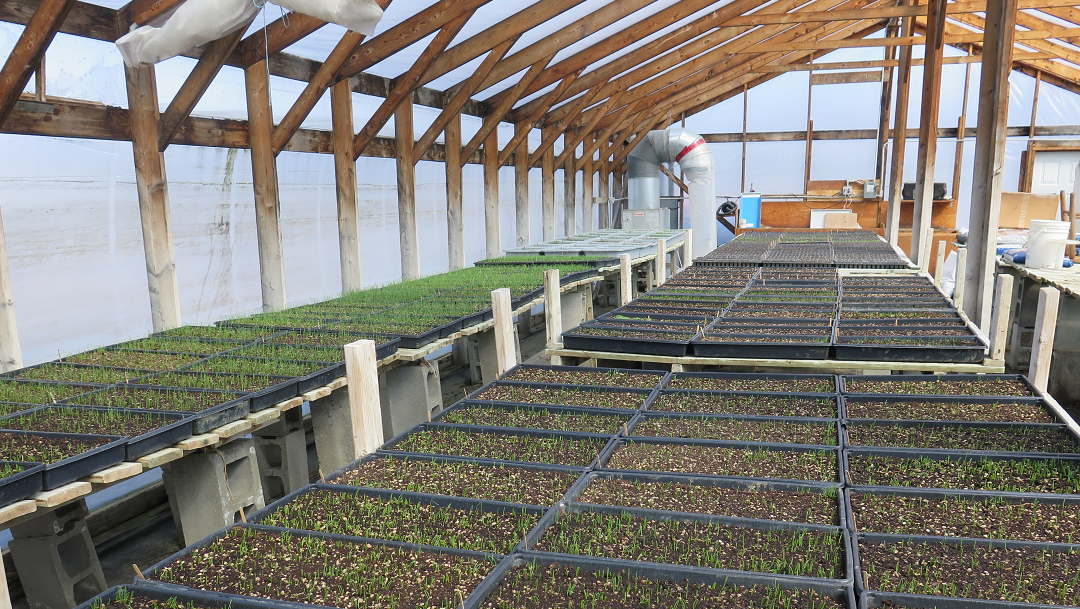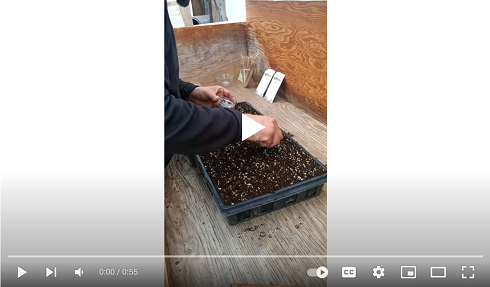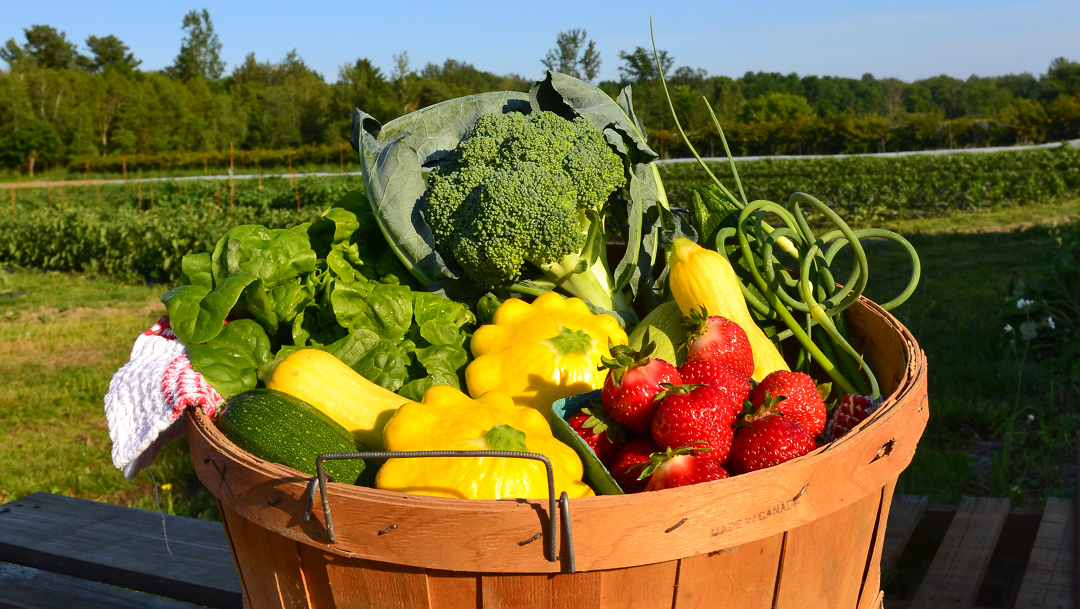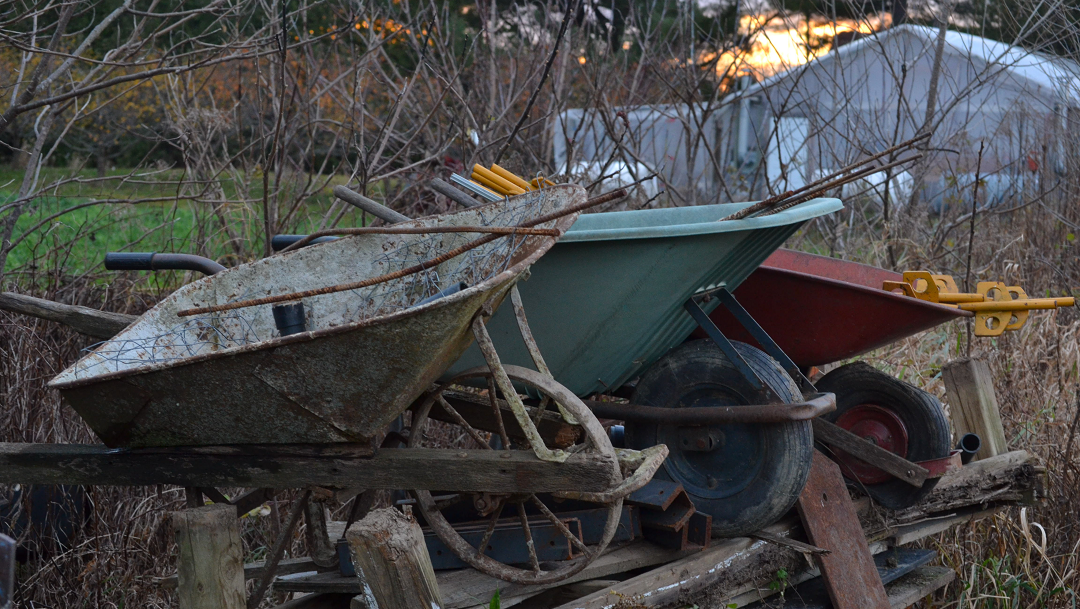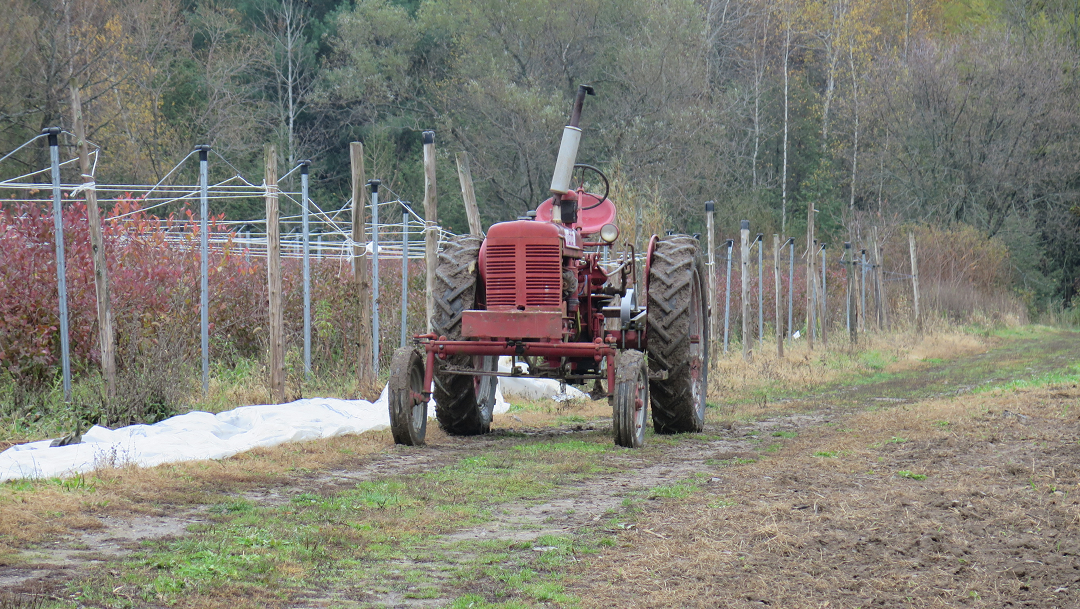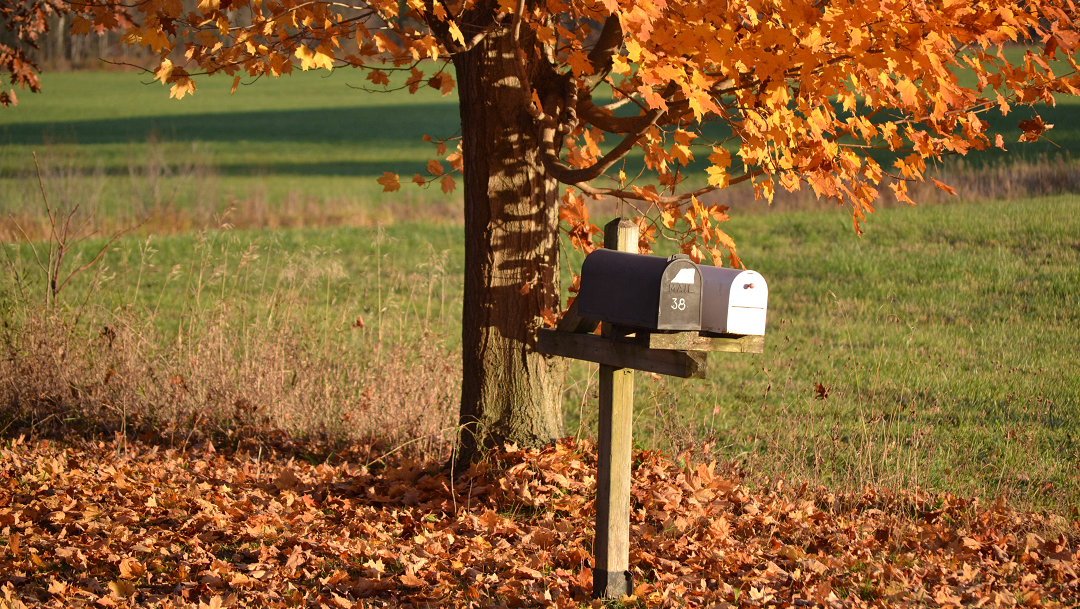Bone-Chilling Temperatures
If ever a sign from God were necessary to signal that it was high time we pack our bags and head South, this would be it :
according to Environment Canada, that depressingly doomsday-ish weather forecasting service of ours, night temperatures at the farm will hover between -6 and -11 degrees Celsius for the next 3 nights, the likes of which we have rarely (if ever) witnessed in late October.
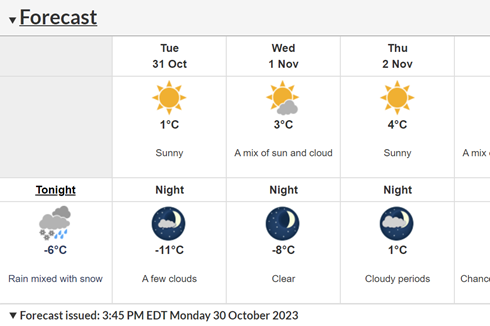
For those of you who wonder what -12 means for a vegetable,
it is certain death, as no vegetable cell can resist that kind of cold, except perhaps our leeks, who can withstand a hard frost here and there without sequelae. For this reason we have harvested almost every remaining harvestable vegetable today – leafy greens, cabbages, etc. We’ll collect the last of the Jerusalem artichokes later this week, but no worries on that front : they can withstand most everything buried as they are 6 inches under.
And so it is that we face this final week of CSA baskets,
happy to see the season end at last. It has been a colourful and emotionally charged one, albeit perhaps less so at Arlington Gardens than elswehere. Why, you may ask? Maybe it’s that our sandy loams absorb excess water, or that our vegetables are planted in a more forgiving soil. One thing is for sure, it’s called plain old luck: the luck of not being at the mercy of unforgiving winds, like our friends at La ferme des 3 Samson and their hail episode, or of diluvian rains, like the black soil farms of the Lake Champlain area, sponges that just could not be wrung dry this summer. Quebec’s Financière agricole will be writing many cheques this year…
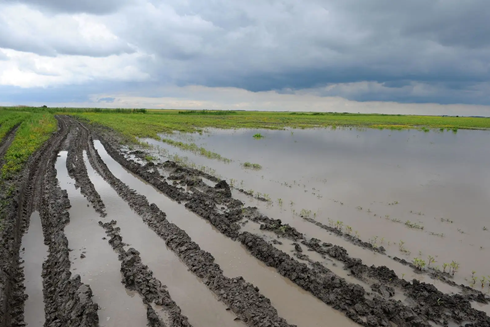
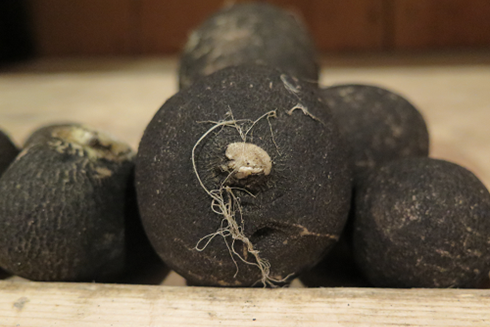
I will not attempt to provide a comprehensive list of everything in your baskets,
they will contain an eclectic mix,
with contents at each delivery location differing from those at the next. I can nevertheless venture the following for starters : a last winter squash (just one), carrots or beets, leeks, parsnips, one or two leafy greens, radish or turnips, and more. We look forward to meeting up with you one last time, and wishing you a wonderful winter.
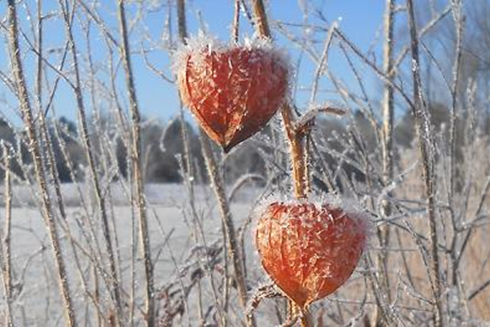
It looks like it’s already off to a great start.
Living Soils
Were it not for the torrential rains of the past weekend,
the tractor and combine mechanical ballet would have continued uninterrupted. Every year witnesses the same field crop ritual. Just as market farmers are beginning to pack things up and in, field crop farmers sit astride their massive machines. Corn, for one, is harvested thus these days, with everything a function of degree-days and thermal units. The longer the cobs can stay on their stalks in the field, the drier they get and the less it costs to dry them post-harvest. The downside is that all this heavy machinery is all too often deployed in soggy fields with devastating consequences on soil structure, including probable compaction.
deneme bonusu
Rural legend has it that Quebec winters,
with their alternating deep freezes and sudden thaws, counter soil compaction. My experience points to that being little more than wishful thinking…
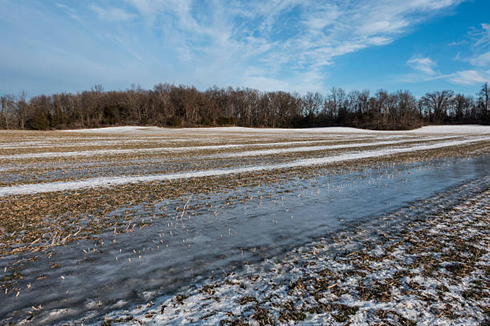
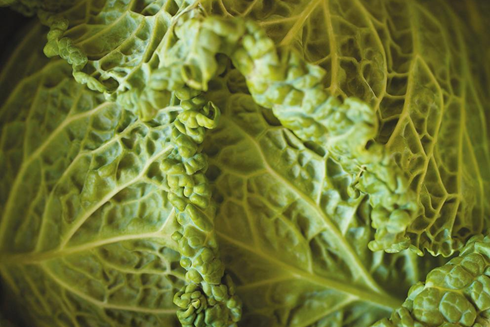
In your baskets this week:
carrots, Savoy cabbage, leeks, squash, winter radishes, potatoes, another yet-to-be determined vegetable – and more, including hot peppers that we will bring separately.
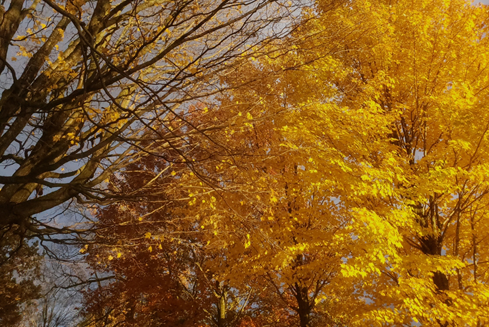
We look forward to seeing you all again.
Squash Talk
Can you guess the most popular squash in North America?
It is the butternut squash, of course. It’s what I hear, and it is also what we note at our farm stands. But this market bias should not keep you from discovering other varieties of squash we produce.
In some parts of Europe, and more particularly in France, the direct competitor of the butternut is the potimarron
– a European squash in name only…which you can find in the Land of the Rising Sun where it is commonly called Red Kuri. I have a penchant for this squash : it has a delicate chestnut flavour and it can be served up in a soup, with its skin. Unconditional squash peelers, take note.
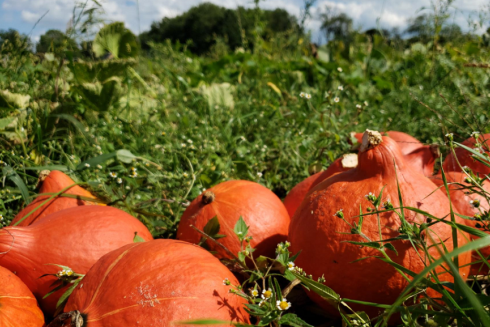
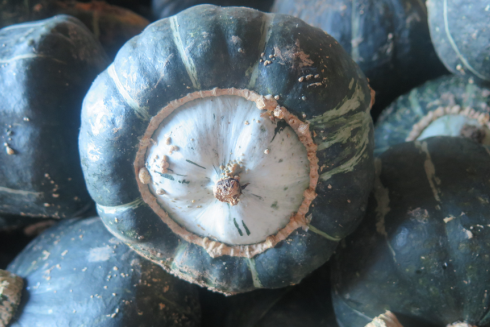
I won’t dwell on the delicata – a hands-down favourite with many already given its ‘delicate’ taste.
There are three more squash we produce that are worth mentioning : our acorn squash, our black futsu (another Japanese squash, an heirloom variety that dates back to the Edo dynasty) and the simple buttercup, which rivals the potimarron or the butternut as a superb soup squash.
I conclude this note with a brief ode to my spaghetti squash
– a squash I have produced in industrial quantities this season for some unknown reason. Perhaps the least loved of all, it is nevertheless a personal fave of mine; with its subtle aromas, all it requires is a drop of olive oil and a dash of salt.
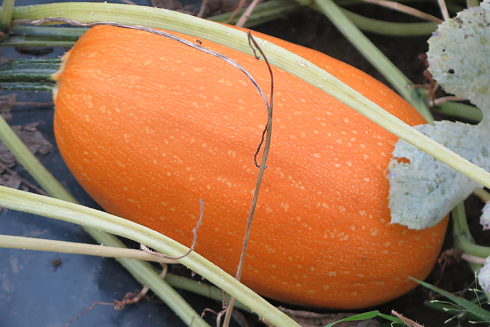
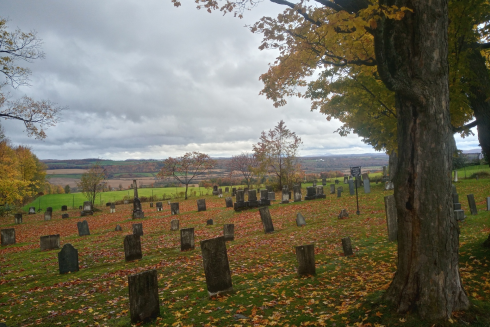
As you all may have surmised by now, the squash of the week is indeed the potimarron.
So, in your baskets this week you will find the following vegetable line-up : a red kuri or two (or an acorn or a delicata), potatoes, turnips, some Chinese (or Nappa) cabbage, some leafy greens, beets, a surprise root vegetable and more…
We look forward to seeing you all again.
Blueberry Angst
It’s been 14 years of TLC,
of pruning them when there is still
snow on the ground,
of protecting them from greedy birds,
of going to tremendous lengths to find
pickers at the season’s peak
– all to ensure enough of a harvest to share some blueberries with our CSA members and our market customers. But enough is enough, the writing is on the wall : nearly half my blueberry plants – ie all my early- and late-season varietals – will either be axed or given away to someone wanting to offer them a new home.
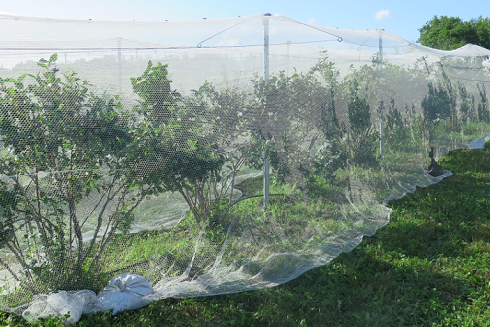
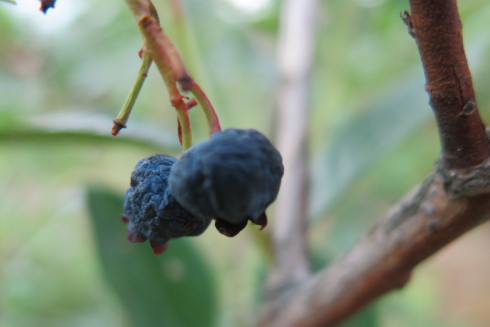
It has not been an easy decision, but it does bring salutary mental and economic benefits.
Whether attributable to inexperience, idealism or a bit of both – it was undeniably a logistical challenge early on to plant 1000 plants (in 8 distinct varieties), a challenge renewed over the years as we faced the vagaries of our schizophrenic summers, total losses due to hard frosts, and partial losses due to fruit flies and/or animals…
In sum, you have to know when to cut your losses
before they weigh you down
– and the agrological moral of the story after all these years is that market vegetable production and small berry production are two very distinct, and often incompatible, trades – with their respective constraints, conditions and pre-requisites. The good news is that a Good Samaritan who had offered to help free up space in the blueberry patch now seems ready to offer the bushes a new home…
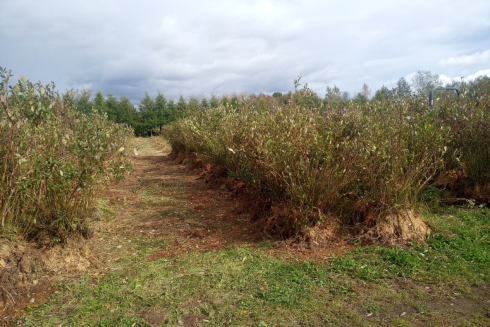
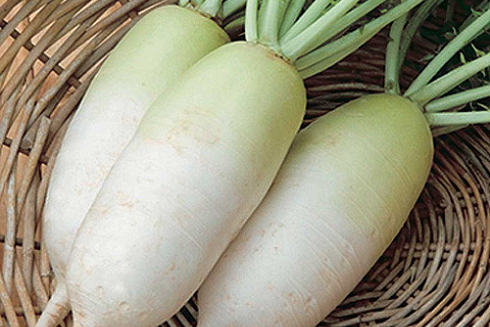
Meanwhile, in this week’s basket :
spaghetti and butternut squash, daikon radishes, turnips or rutabagas, carrots, our last peppers, a fine herb and more.
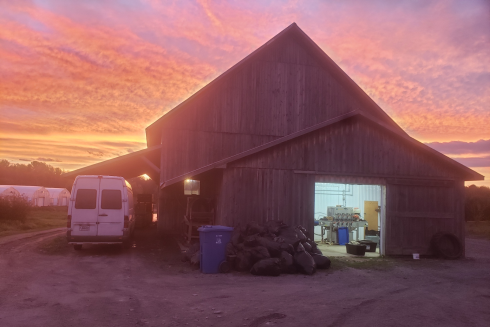
We look forward to seeing you all again.
Good Habits
Revving up a tractor in the early morning after a chilly night can be a challenge
if you’re looking to start your day early. A recalcitrant engine and a wet seat – travails one faces in the wee hours of an early October morning. And so one trains oneself to practice good habits, including – insofar as motorised farm vehicles are concerned – always parking one’s tractors facing due south to allow the sun to warm things up a bit…
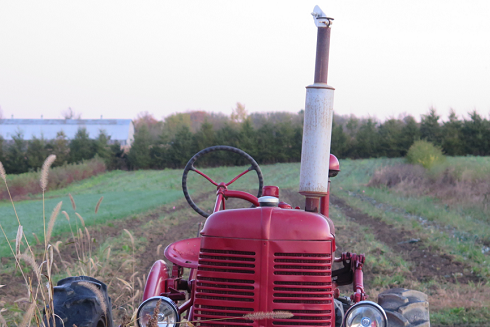
This juxtaposition of nature and industry may seem contrived or superstitious, even,
but if one considers that most self-respecting vegetable farms have more than a few motorised vehicles of a venerable age – in our case, our oldest tractor was built in 1954 – it is only to be expected farmers adopt a variety of tips and tricks to help keep our farm antiques in running order…In 1954 things were clearly built to last, and obsolescence was such an infrequently used term that one had to look it up in the dictionary.
This week we wanted to make sure you had the wherewithal for a great Thanksgiving celebration next Monday, namely:
pumpkin, delicata squash, peppers, root celery, carrots, potatoes, leeks, a leafy green and garlic.
For those of you still interested in garlic, consider this our last call for orders before what remains is planted in coming days.
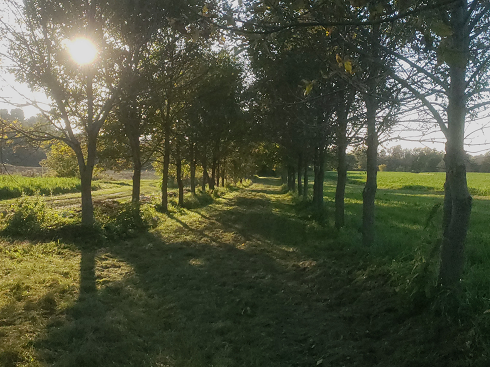
That’s it for now.
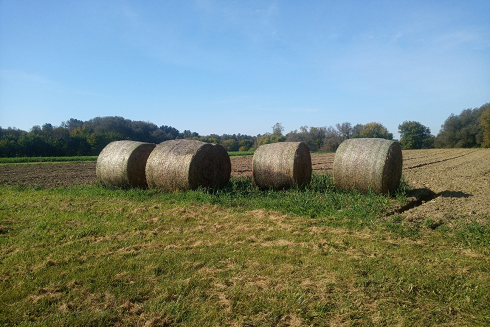
We look forward to seeing you all again.
Late September Light
Mother Nature always has the last word, it seems.
After having made us miserable all summer with an overabundance of rain and generally dreary weather, she seems suddenly to have taken pity on us, gratifying us with an unending spate of sky-blue, sun-filled days, lifting the spirits of your farmer and the rest of the team while our workboots finally begin to dry out.

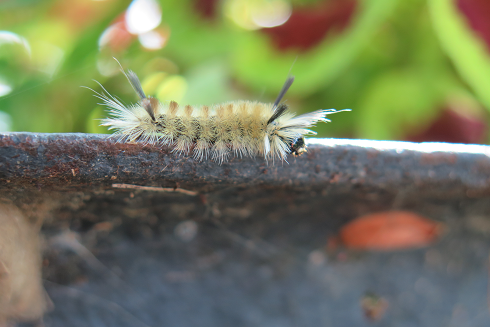
All good, but for the plants still in our fields, it’s a classic case of too little, too late.
While two or three leafy greens may benefit from the sudden surge of heat, for all the rest – having endured diluvian rains in July and August, inescapable humidity and an absolute dearth of sunlight at the peak of the summer – this is more than a bad joke, it’s downright sadistic. They just want to call it quits. Our solanaceas are breathing their last breath and our brassicaceas are hanging on to their last leaves – while almost everything else has already been harvested and stored away for final delivery.
This week’s basket follows on last week’s.
It will include something old (spaghetti squash – which we’ve been harvesting in record quantities due to a crop planning error, it seems) and something new (another yet-to-be-determined squash), along with sweet peppers, rutabaga or turnips, some leafy greens, fine herbs and more.
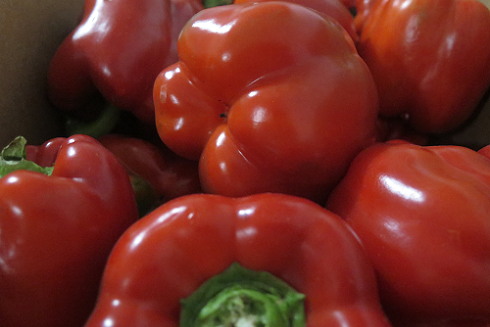
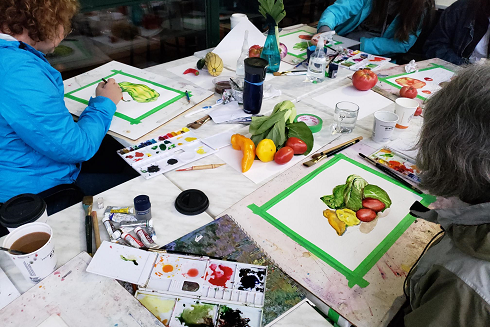
We look forward to seeing you all again.
My Best Friend, My Mechanic
Last week I had to send one of my delivery trucks
to the garage again.
Something to do with a drive shaft on the verge of conking out. I couldn’t blame it on anything other than old age, since the truck dates back to a time when windows were still rolled up and down by hand…
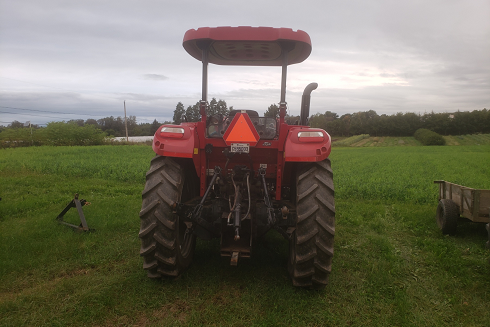
I mention it only to illustrate yet another
interesting farm fact:
with a fleet of about 15 motorized vehicles, I can count on an average of at least half-a-dozen visits to the garage every season.
Unfortunately, mechanics has never been my strong suit. Fortunately, however, we live in an area filled with tinkerers and experts in injection motors, not to mention my very own personal trio of local garage owners who are always willing to help me deal with my mechanical challenge of the week. I will be forever indebted to them, for not once in all these years have they ever refused to service a vehicle of mine with surprising alacrity, and a smile to boot. It almost goes without saying that when one harvests nearly 40 acres of vegetables, all it takes is a single mechanical malfunction of a single machine to cause field work delays that can have serious agronomical and logistical repercussions.
The week has begun under grey skies with some rain, but nothing to warrant a harvesting pause, panier oblige.
Indeed, this week’s basket will be more fall-like than the previous ones, as tomato and eggplant yields beginning to dwindle. Its contents are in keeping with the cooler start to the week : potatoes, carrots, and leeks, along with butternut squash, French shallots, peppers and other yet-to-be harvested vegetables.
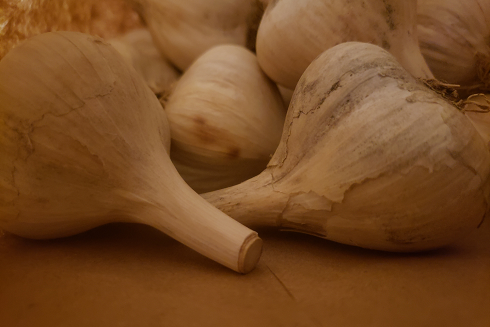
I also wish to remind you that we will be fulfilling your garlic orders this week.
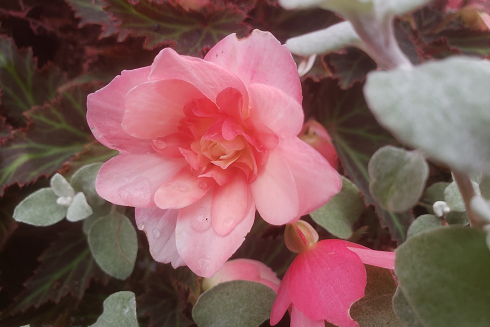
We look forward to seeing you all again.
Under Cloudy Skies
Yours truly would have preferred a bit more sun to start off the week, but it clearly was not meant to be…
Instead, it was in the early morning chill and under cloudy skies and that we started to harvest the first of our true winter root vegetables – namely, the rutabaga. There is no more epitomic vegetable to remind us that Fall is at our doorstep and to behoove us to eat our fill of summer solanaceas before we have no choice but to make do with ersatz tomatoes served up by well-intentioned grocers.
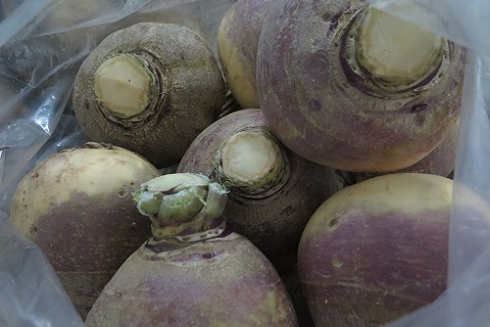
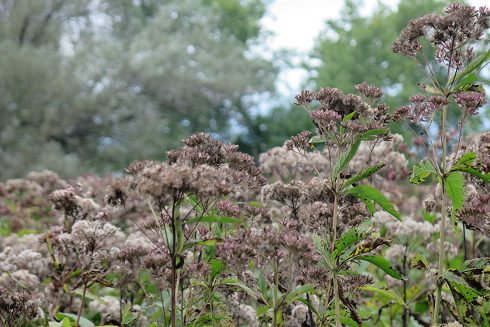
Our plants are still generous, but I feel their fatigue:
their leaves are yellowing and their fruits are growing smaller. I cannot ask too much of them – after having borne flowers and fruits for nearly four months, they are readying to pass the baton. A vegetable senescence made obvious by subtle (and not-so-subtle) colour shifts, as ochre tones come to dominate in what just a few weeks ago was a sea of green. An inevitable progression that even abundant rains cannot halt.
Be that as it may, and despite my observations above, this week’s basket remains steadfastly summery:
an abundance of solanaceas, still; a new squash (surprise!); a few leafy greens; a yet-to-be-determined root vegetable; garlic; and more. Speaking of which (garlic), this week will see us complete the delivery of outstanding tomato orders, so please be advised that your special orders of garlic will not begin until next week – a separate email will be sent in due course to confirm deliveries at your respective locations.
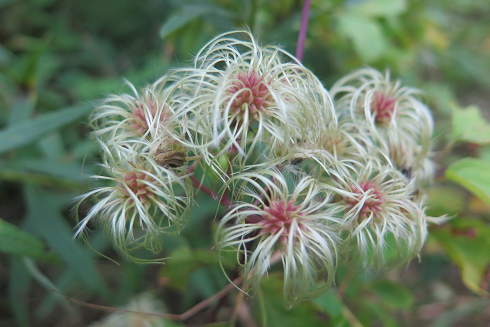
We look forward to seeing you all again.
That ‘End-of-Season’ Feeling
It may seem surprising to read this on a hot and humid summer day, but as I traipsed through my vegetable beds this morning, the fields already had a bit of an end-of-season feel to them.
More flight of fancy than fact, there was nevertheless an undeniable sense of relief, despite the heat, as some of the seasonal stress lifted off my shoulders with the realisation that we are indeed shifting gears…
The last of our lettuces have been transplanted over the past few days, and we have weeded half a dozen rows of root vegetables.
We will now be turning our focus to cleaning the fields, putting away some of our field machinery and related equipment – while leaving plenty of time for the harvests which are ongoing for our baskets and our farm stands. In about a month’s time, though, harvesting is all that will occupy us, as we will be mostly done with other end-of-season field chores.
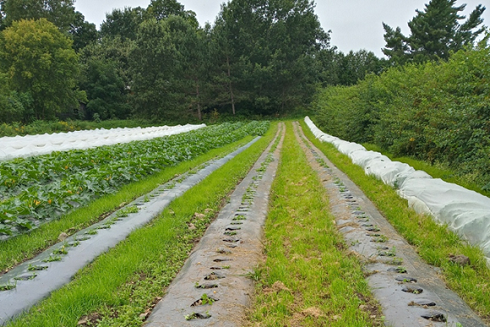
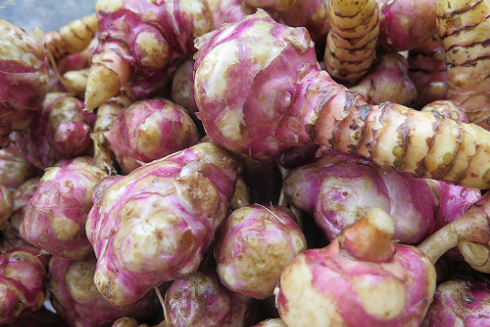
Truth be told, I exaggerate somewhat : next year’s garlic remains to be sown at the end of September, and next year’s Jerusalem artichokes will only be sown by the close of October –
this year’s harvest of artichokes cannot start before the end of September. But it is indeed with a lighter heart that I start the month, all the while knowing full well that the season is far from over and that much can surprise us still.

This week’s basket is still summery, albeit with a hint of Fall :
tomatoes, eggplant or peppers, ground cherries, winter squash, leafy greens, leeks, fine herbs, onions and more.
I remind you that we are still taking orders for paste tomatoes and conservation garlic. (Previous online ordering snafus have all been fixed, please do not forget to connect to your MyOrganicFarm account with us through our website before going to our online farm store to place your order). For your tomato orders, time is of the essence, the harvest window will be open for the next couple of weeks only. For the garlic, there is no rush, the harvest has been abundant, there should be enough for everyone this year.
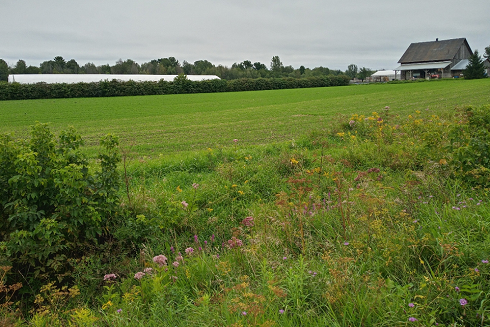
We look forward to seeing you all again.
Sunny Weather Back At Last
I could wax lyrical about the return of sunny weather at last,
but I will not – as there are more pressing matters to attend to, such as announcing the start of our Italian tomato harvest to meet your canning (or bottling or freezing) needs. And while we’re at it, we’ll also be taking conservation garlic orders this week.
Seasoned farm members already know how it works, but a few reminders about the ordering process are nevertheless worthwhile.
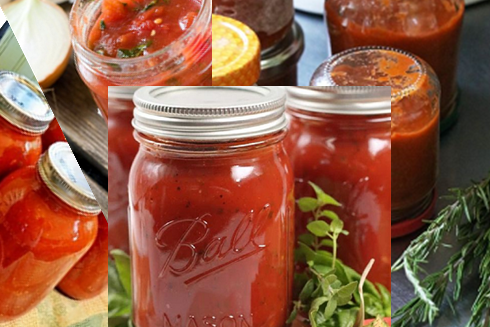
Italian tomatoes
(Italian in name only, as in fact we do a Spanish version of the Roma plum tomato called Granadero) : we sell them by the 20-lb half bushel and once your order is placed we will let you know the week of delivery (starting this week or next, or perhaps even the following week if our tomato plants hold up until then).
Conservation garlic
place your orders now and we will start delivering them once the tomato orders are complete, i.e. by the 3rd week of September. You may order your ‘Music’ garlic by the pound or by the kilo.
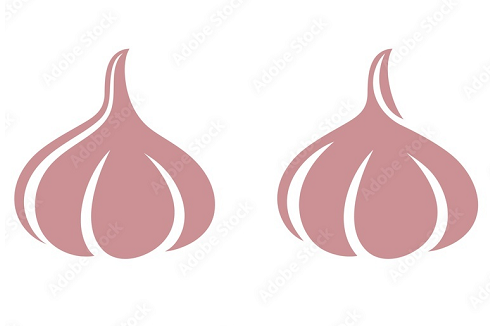

Instructions
Insofar as the tomatoes are concerned, I have nothing to add – conservation runs the gamut from freezing to canning to sauce-making. Re our garlic, it is fresh and well-cured, so should last most of the winter, provided you store it correctly – i.e., leaving it in its original paper bag, storing it in a kitchen cupboard or some other dark and dry place. Most importantly, do not leave it in a spot subject to temperature fluctuations (over your oven is a definite no-no). I do not recommend dank basements or cold garages – a tightly shut cupboard is definitely best.
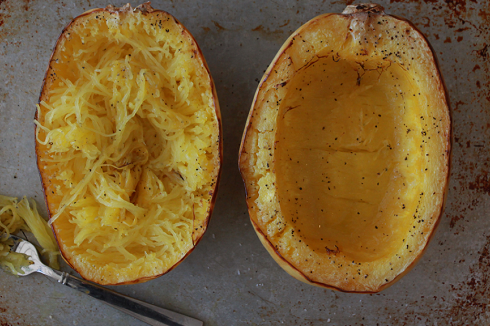
You’ll find something new in your basket this week :
our first winter squash of the season, a spaghetti squash called Orangetti. Delicious and sweet, we suggest the 440 rule – i.e. cut it in half, empty out its seeds, turn it face down and let it bake in the oven at 400 degrees for 40 (maybe 45) minutes.
That’s how we like to do it, but feel free to do whatever works for you…
In addition to the spaghetti squash, you will find more tomatoes, eggplants, carrots or beets, garlic, sundry onions, a leafy green of one kind or another and more.
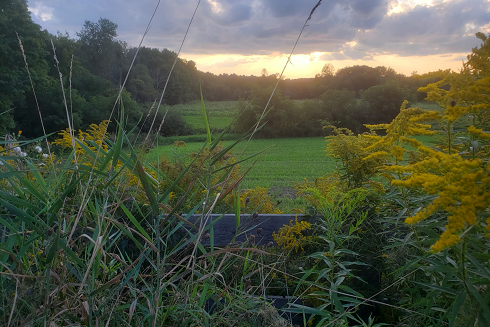
We look forward to seeing you all again.
Endless Harvests
This week started with a bang:
first, we spent Monday morning harvesting the season’s onions, which are now safely stored and curing in one of our greenhouses; second, we spent the afternoon harvesting the first of our winter squashes – i.e., spaghetti squash – a sure sign, I am sorry to say, that summer is almost over.
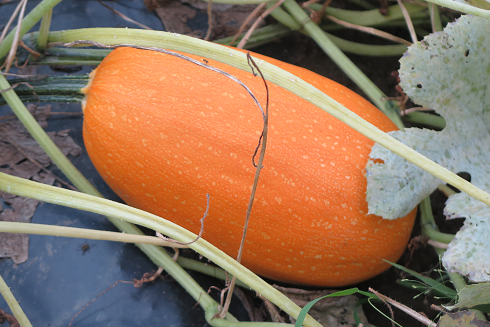
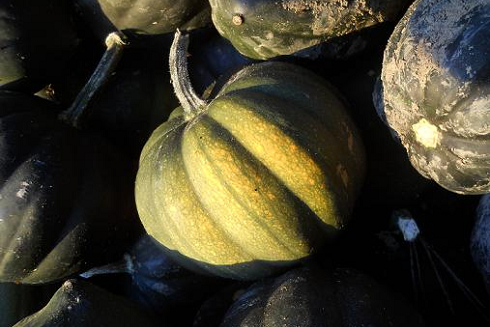
A random survey of the rest of my squash field
has led me to conclude that we will continue harvesting winter squash throughout the week. Unlike our tomatoes, which have been reluctant to turn red given the lack of sunshine, our squash have not been slowed down by the rain, quite the contrary. Following quickly on the spaghetti squash, we will be harvesting our acorn squash, our delicata and a few other specialty squashes. We’ll close out the squash harvest with our butternut squash, as they take longer to ripen than all the others.
As with our garlic harvest, teamwork prevails,
with the entire team collaborating to ensure the work gets done in a timely manner. The end result is that you will be seeing winter squash in your basket soon, although you will have to wait a bit on the onions, as their necks have be nice and dry before they can be offered up for conservation.
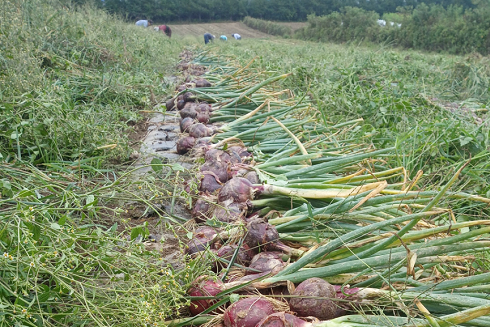
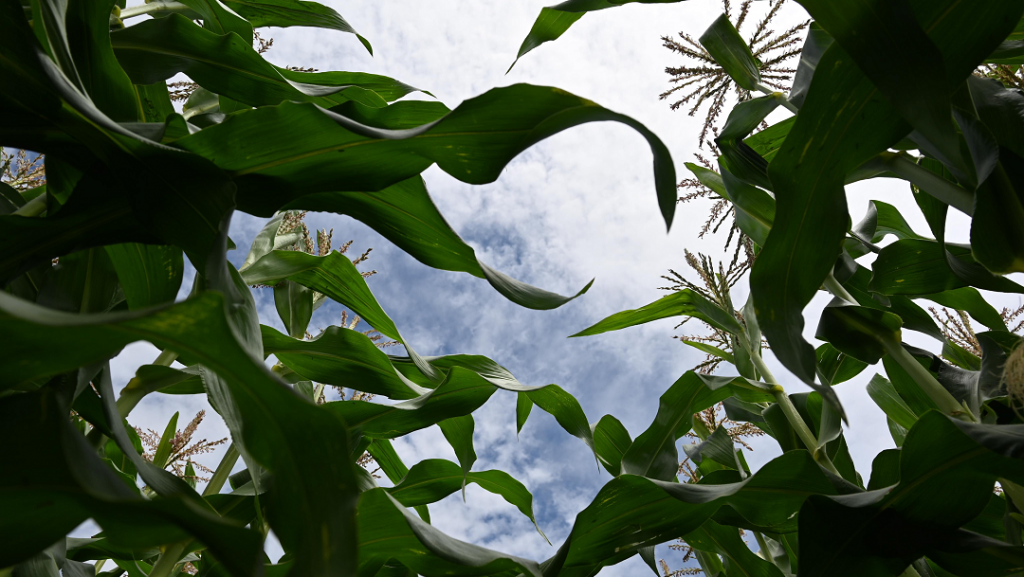
This week’s basket is not unlike last week’s,
particularly insofar as solanaceas (tomatoes, peppers and eggplants) are concerned. That said, we thought it would be interesting to give you a taste of our summer leeks, a more delicate – but nonetheless delicious – version of the classic winter leek. Corn is nearing its end, but there will be some again this week, and we’ll see if we can even offer up a final haul for week 13. The basket will also include the last of our fresh onions, a leafy green and some fine herbs.
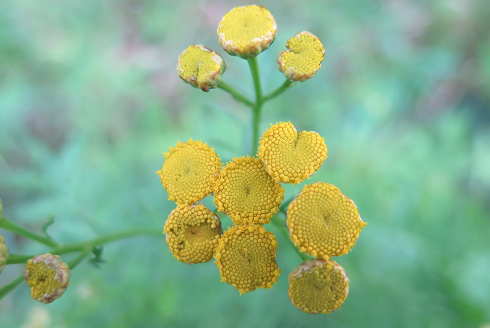
We look forward to seeing you all again.
Next Year Prep Already
It was touch-and-go last week,
but all’s well that ends well, as we managed to circumvent the worst of the weather and to sow our late summer green manures despite the rain, cover crops that are a guarantee of success for next year’s growing season. Indeed, yours truly is already focused on securing the winningest conditions for our 2024 vegetable production!
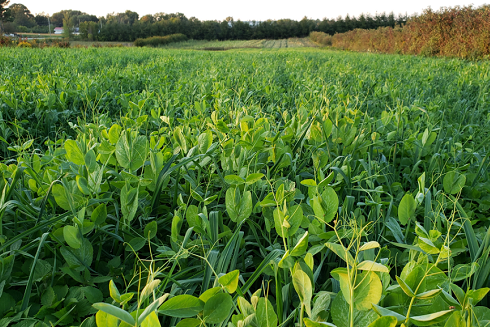
The fields in question were already sown with a
green manure cover crop in the spring.
This grew well, was mowed and then eventually turned under with a disk harrow. But as you already know, we’ve been battling the weather all season, with too many rainy days filling the gaps between too few sunny days, and mission-critical fieldwork being postponed time and again, driving us to distraction.
A window of opportunity finally opened on Saturday,
just before another downpour, and we managed to sow all our fields in need of a second green manure sowing. Our work is far from done, though, as we will still have to clean all the fields currently in use over the course of the fall, sowing a mix of oats and peas as we go, weather permitting. It is fieldwork that will be done gradually over time, between harvests and other farm tasks, but the urgency of last week’s mega green manure sowing is now behind us. End-of-season sowings are mostly to protect the fields from winter erosion, while contributing some organic matter to nourish the soil in preparation for the spring.
Meanwhile, in your basket this week :
another batch of corn, and eggplants galore, again…Tomatoes are back, albeit not yet in full force, and there will be summer squash, too. The squash plants are still generous, but we can sense an incipient fatigue setting in. While the offering may vary by drop-off location, there will likely be tomatillos, peppers, watermelon, fresh onions and a yet-to-be-determined leafy green. On a separate note, we will shortly be sending you an email re garlic and paste/sauce tomato orders. Details re how to place your order will be provided therein.
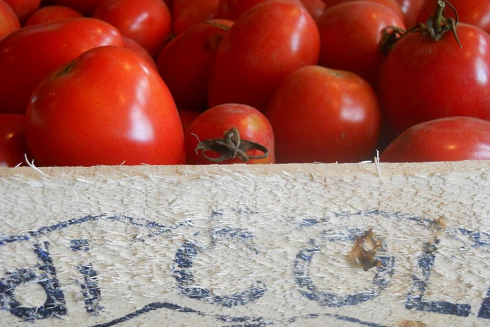
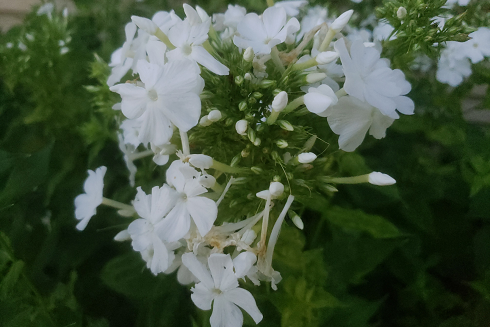
We look forward to seeing you all again.
Despite the (Lousy) Weather…
Given all the bad news we’ve been hearing in local media, I thought a brief review of the state of our fields was in order.
Overall, despite the weather, things are going rather well (or at least, better than might otherwise be expected). There are nevertheless a few imperilled crops, allow me to share the list with you. The first to drop in battle is the fragile cucumber, felled by mildew. It had gotten off to a good start, but the 4th and 5th plantings of the season are already turning brown, and I don’t see any chance of them being rescued.
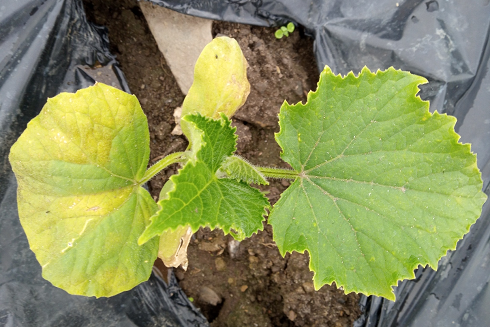
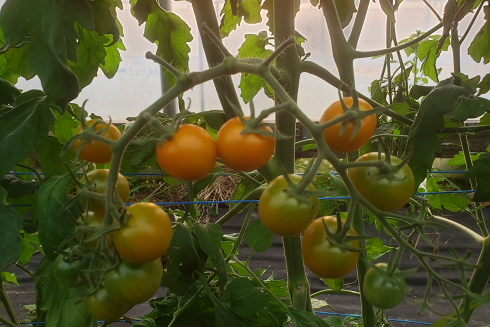
The lower leaves of our field tomatoes are also starting to turn yellow; in just a few weeks, the entire plant will be affected.
Fortunately, their demise will not signal the end of the world, as I have four high tunnels filled with tomatoes (field tomatoes, but under cover – i.e., protected from the elements). I am confident that we will have lots of tomatoes…eventually. For the time being, the weather is definitely not of a tomato-ripening kind : indeed, the dearth of sunshine has prevented us from putting more tomatoes in your baskets so far. Please hang tight, though, they’re coming.
Two other vegetables that have caused us grief are our broccoli and our cauliflower.
We have had to mow them down, fungal plant rot having gotten the better of them. For starters, these vegetables don’t fare well in overly humid conditions; but adding insult to injury, the netting we use to protect them from fly-beetles ended up contributing greatly to the spread of the fungus. Our conservation onions are also starting to yellow, and several varieties are already lying flat in the fields. It is unlikely that they will hold until the end of August, which is when we usually harvest them; instead, we’ll probably be harvesting them early, within a couple of weeks. Meanwhile, our carrots and beets are doing swimmingly (no pun intended), although their leaves are in a sorry state, so we will likely leave them behind when we harvest them.
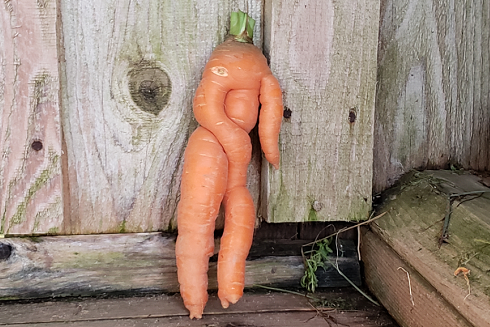
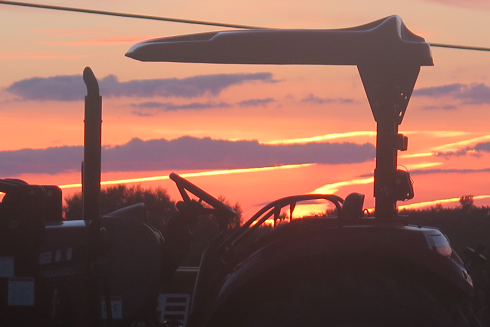
There is one other family of vegetables that could still suffer as a result of the current meteorological conditions, namely, our winter squash.
Fortunately – for the time being at least – they seem to be doing just fine. However, if nothing changes, they too will inevitably see their leaves yellow and their fruits may end up being just a bit smaller than usual. We entreat you all to send your positive thoughts skywards, channelling an abundance of sunshine for the rest of the month of August. We’re most certainly NOT off to a good start, though, as the latest forecast is calling for rain for the rest of the week…sigh.
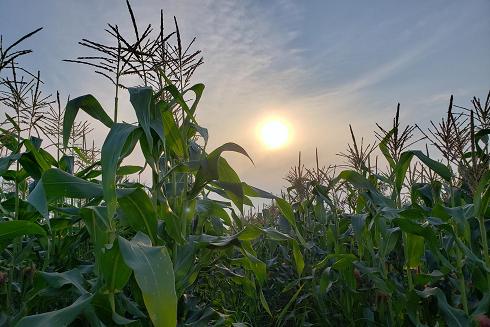
While the picture I paint is mostly in hues of gray, keep in mind that
many of our vegetables are enjoying the excess water
– our leafy greens, in particular, as well as our corn, whose cobs are starting to show considerable heft. Those of you who have been with us for a while now will remember the epic battles between yours truly and the local raccoon posse…Nothing has changed, it is an ongoing and daily challenge that includes making sure that the electric fencing surrounding the corn is working well, and that there are no gaps in the current or the fence itself – should there be any, they will be quickly exploited by our wily enemy.
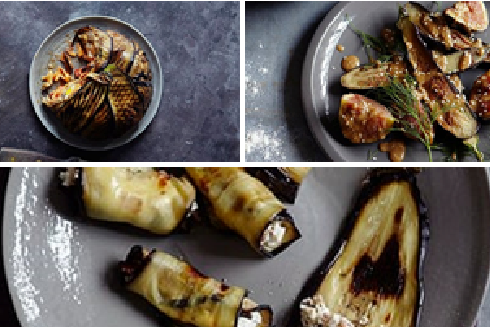
In your basket this week,
you will most certainly find summer squash, as well as eggplant galore. For reasons I am at a loss to explain, our eggplants just keep on giving, so we have no choice but to keep on sharing them with you. While eggplant is a poor substitute for cucumber, a garlicky baba ganoush is delicious in its own right. Barring any last-minute changes, you can also expect some corn, tomatoes, a leafy green, fine herbs, green pepper or carrots, fresh onions, and – hopefully – some watermelon, too.
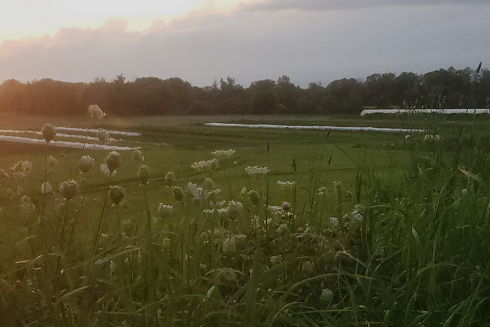
See you soon.
Garlic Party
It was not the subject of last week’s missive, but I would be remiss if I failed to tell you more about
our first group harvest of the season.
By group harvest I mean an activity that requires the participation of every available resource on the farm, an activity necessitating everyone’s full focus, a sense of urgency and an almost military execution. You may already have guessed it : I am referring to our garlic harvest, of course, a vegetable appreciated by almost all, planted yearly in the fall and pulled from the field in late July.
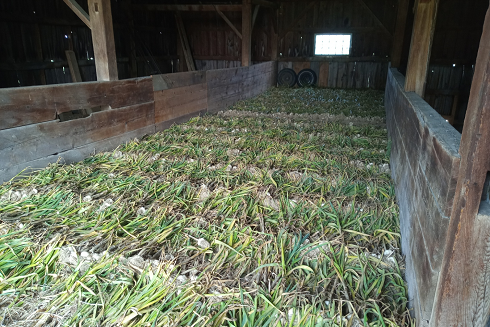
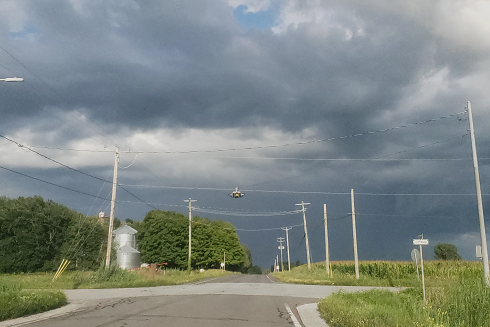
The rain of the last few weeks had us worried
that the garlic might be damaged by a fungal disease of one kind or another which would have deleterious consequences for its conservation. Fortunately, none of our fears have been confirmed; our 2023 garlic is beautiful and there are no indications that it has suffered from the excess humidity, quite the contrary. As soon as it was harvested, the garlic was transferred to our big red barn, laid out in all its splendour on every flat surface available where it is now quietly drying under the curing effects of the breezes that flow through that hallowed farm building. We’ll be sending a special communication shortly to start taking your conservation garlic orders; meanwhile, in a week or two – the time required to clean and prep the garlic – we’ll also be offering some in your baskets.
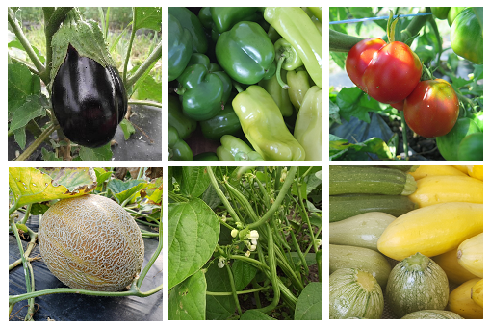
Speaking of baskets, this week’s draws us firmly into the thick of summer:
eggplant or peppers, early tomatoes, cantaloupe, beans, summer squash, a still-to-be-determined leafy green, fresh onions, possibly the first sweet corn (provided it continues to sweeten just a bit more by Wednesday morning), and more. A side note on our cantaloupe: I must apologise for its lack of sweetness. We would have preferred a sweeter fruit, but July just wasn’t sunny enough. The aroma is good, but the Brix levels are sub-par…We still have high hopes for our watermelon, though, which we will be harvesting shortly.
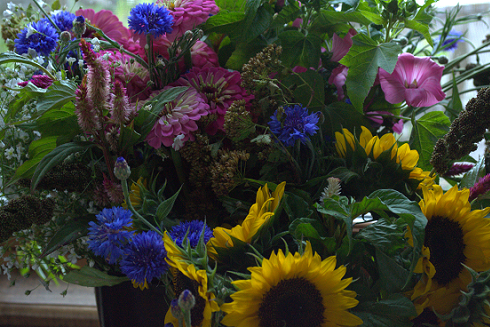
We look forward to seeing you all again.
Mother Nature Wreaking Havoc
While this week has begun in sunny territory for once,
I seize this opportunity to share with you how unpredictably unlucky – or lucky – one can be in agriculture. Last Thursday, as I was mowing the alleys between sections in one of our big fields, dark clouds suddenly appeared on the horizon. The wind picked up, the moist and humid air became almost chilly – a shift that would have been welcome, were it not for the violence of what was still to come. Intent on finishing my mowing before a downpour, I picked up the pace to finish the task at hand and to be able to make sure that everyone else was out of the fields.
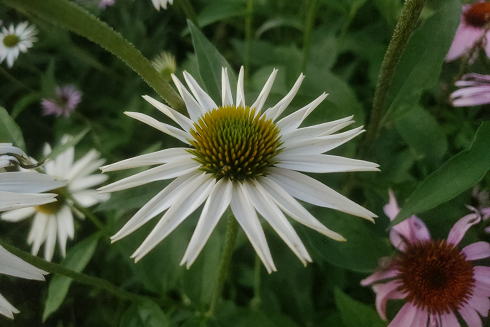
Indeed, the sheer randomness of it all
can be quite disconcerting:
what could very well have burst over our fields drifted towards the neighbouring region of Farnham, an angry storm cell that settled over a narrow area encompassing the farm of our friends at Samson & fils, who supply us with potatoes every season. The end result : while we (our fields and everything in them) remained safe and sound, the Samsons’ fields were severely damaged, with hectares of losses in their onion and melon crops as well as large swaths of potato fields destroyed – all due to golf-ball-sized hail, according to witnesses of the unfolding disaster. Such acts of nature leave one speechless, torn between tremendous relief at having been spared and profound empathy for those hard hit, knowing how easily the outcome may have been otherwise.
I am happy to announce the start of our
2023 garlic harvest today,
the first of several group harvest efforts during the season, where the participation of all is mandatory to ensure the task does not last forever. We are hoping for nice, plump bulbs, despite losses which may be heavier than usual given the excess humidity of the past several weeks. We’ll find out soon.
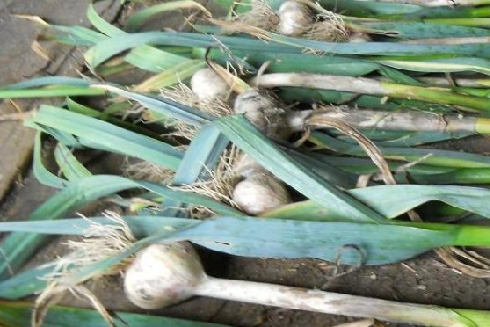
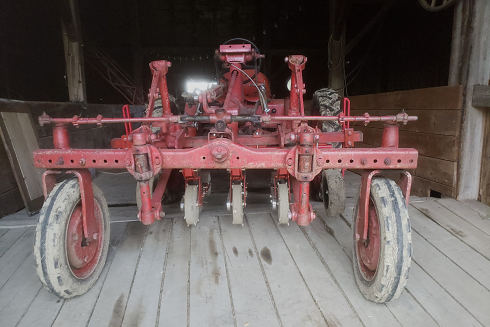
In your baskets this week :
kale or Swiss chard, cucumbers, summer squash, carrots, beans, spring onions, basil and one or two more vegetables to be determined.
We look forward to seeing you again.
Tipping Point
One could surmise that last Thursday’s
tempest was the tipping point
between a summer that was loathe to arrive and one that is now suddenly, and fully, installed…What makes me think so? Perhaps the tomatoes that are now slowly, but surely, turning red; or the eggplant and pepper plants which have almost doubled in size in a mere week; or the corn that has grown so tall that it is blocking my view of the brassicas in the neighbouring field. There is a long list of vegetables that had been treading water, so to speak and no pun intended, waiting for the right conditions – melons, watermelons and bush winter squash plants, all spreading out, sure signs that summer is finally here.
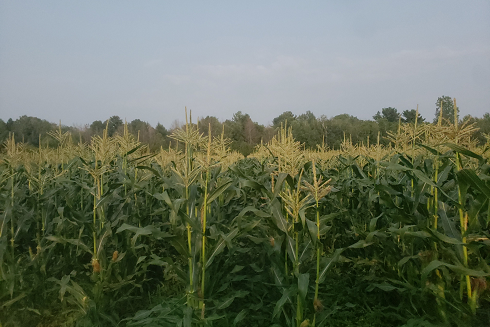
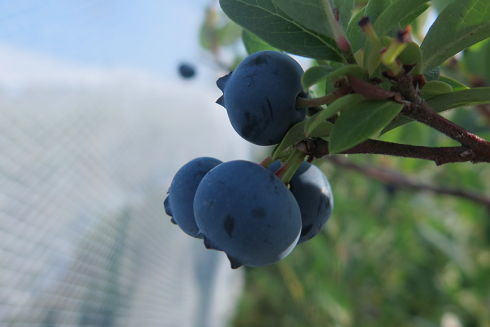
But the surest sign of summer of all is the blueberry,
blue pearl of the North that refuses to be rushed. Harvest it too early, and it will be tart; too late, and it will be pasty. We were reminded of this yet again this year: even as it turns deep blue, one must be patient and wait for the fruit to sweeten. We will be harvesting it today and tomorrow in the hopes that you will find it just right.
In your baskets, then:
lettuce, the season’s first carrots, cucumbers and summer squash galore, beans, blueberries, kale or Swiss chard, fine herbs and a surprise vegetable still to be harvested.
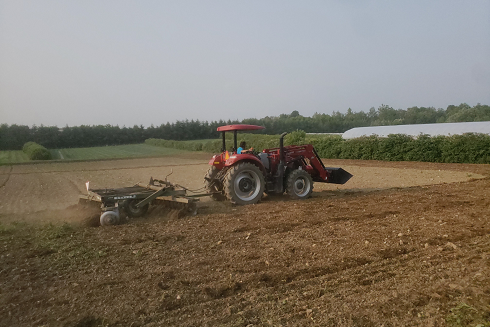
We look forward to seeing you all again.
It’s Raining Cats and Dogs…
The coming week does not bode well for most market farmers.
Need I remind you that we have seen more than our fair share of rain over the past two weeks? It seems that Mother Nature has decided to add insult to injury in the guise of an additional 100+ millimeters of rain by tomorrow followed by, according to Environment Canada, more showers, thunderstorms and rain for the rest of the week, excepting Wednesday and Saturday…
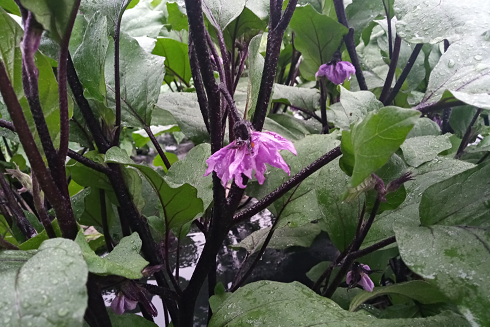
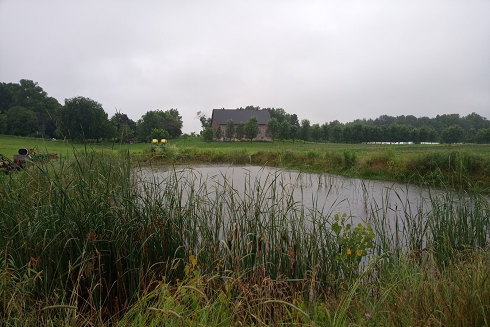
Let’s just say it’s a major inconvience,
but one for which there is no remedy.
So after having weeded all the nooks and crannies of our greenhouses and high tunnels today, we gritted our teeth and finally started harvesting for this week’s baskets under a steady rain. Why put off to tomorrow what can be done today – particularly if the weather forecast is unlikely to change? By inconvenience, I mean not only muddy muck and discomfort, but also delays in our planting, weeding and general farm work schedules. There is a silver lining to the cloud, though: at the rate things are going, we won’t have to water anything for at least 10 days.
Meanwhile, your weekly basket is stuck in a spring rut,
albeit with the notable exception of cucumbers and summer squash, which are quickly moving on an ascending path. While cucumber quantities are still manageable, the (over)abundance of summer squash will undoubtedly test your culinary imagination. To assist you, we provide several suggestions re what to do with this delicate vegetable on the recipe tab of our website…Your basket will also include lettuce, the last of our garlic scapes, spring onions, a selection of fine herbs, potatoes from our friends at Samson & fils, kale or Swiss chard depending on your delivery location and a ‘surprise’ brassicacea.
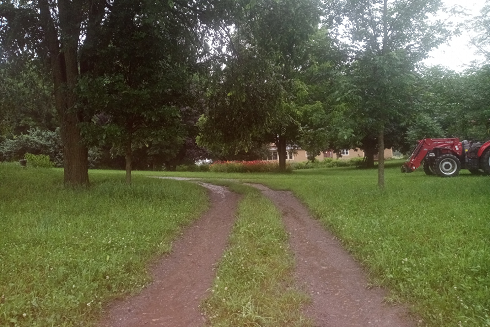
We look forward to seeing you all again.
A New Look
I often drive by farms with signs that leave me puzzled,
for lack of a better word. Indeed, the seemingly straightforward task of designing an advertisement becomes a challenge, particularly if you are looking to avoid spending a small fortune on branding.

Over the past 15 years, we’ve made two
separate attempts at general farm signage.
The first was via the good graces of our old accountant, who painted on wood as a hobby. I had loved the result, bright colours against a warm wooden backdrop, but the wood quickly became weatherworn, and we were forced to take the sign down.
“If at first you don’t succeed, try, try again”
the old adage goes. This time, though, we’ve opted for digital technology and weatherproof aluminum – a far cry from the textured warmth of hand-painted wood – but life is filled with challenges and we have learned to pick our battles. The thought of redoing our sign every five years somehow seemed daunting. That said, we are satisfied with the result, and at least passersby will know who is tending the surrounding fields…
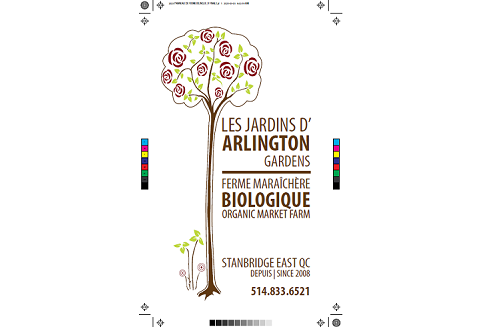
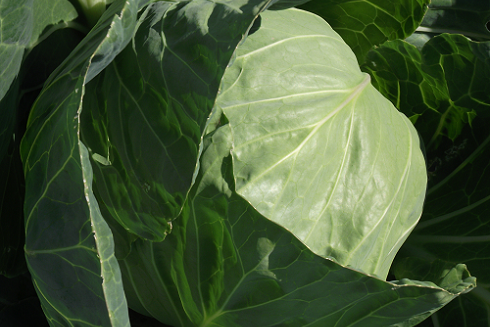
In your basket this week, a first novelty – spring cabbage :
deliciously fresh, and great for slaws; followed by a second novelty – our first spring onions : flavourful and crisp. The declension of greens continues with a mix of romaine lettuce, kale or Swiss chard, broccoli or cauliflower, fennel or Japanese turnips, garlic scapes, the first of our summer squash and basil.
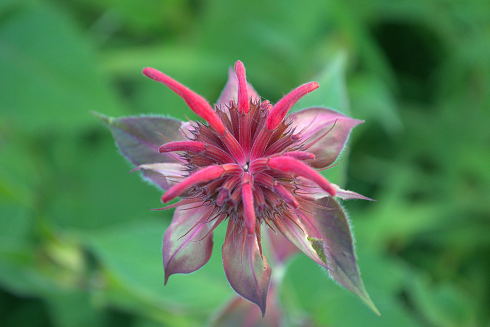
We look forward to seeing you all again.
Fourth week of CSA deliveries already!
Given the opening of our market stands on Friday, June 30th,
we remind all our market farm members (CSA basket subscribers and prepaid Loyalty card holders) that we will be welcoming you at Atwater and Jean-Talon from this weekend onwards. To CSA basket members, your first basket will be awaiting you on your allotted day (Friday, Saturday or Sunday); to holders of Loyalty cards, your card will be available at the principal market for which you registered.
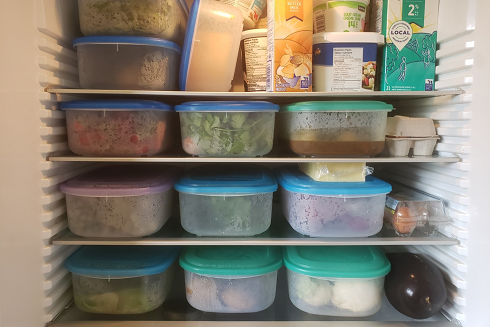
We seize this opportunity to revisit some of the questions many of you ask about the best way to store vegetables in your refrigerators.
It all starts with one basic principle : anything stored unprotected in a fridge will not last long, given the drying or desiccating capabilities of the modern fridge. We therefore strongly suggest you store your vegetables in containers in your fridge, Russian-doll (matriochka) style…Do not be fooled by the supposed benefits of the vegetable drawers in your fridge; the myth endures, but it is nothing more than misleading fake news…
We begin with the leafy greens
(lettuce, curly edive, kale, Swiss chard, etc.):
wash and spin them before storing them in Tupperware-like containers, in glass or plastic. Well-protected, these vegetables will last at least a week, if not more. That said, they are best consumed before the following week’s supply of greens…
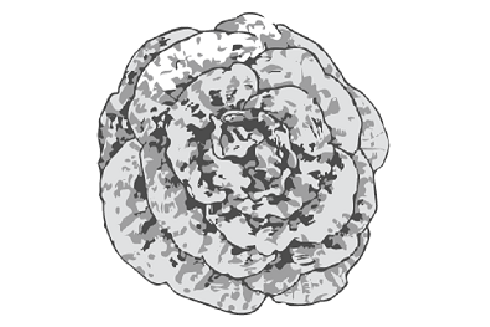
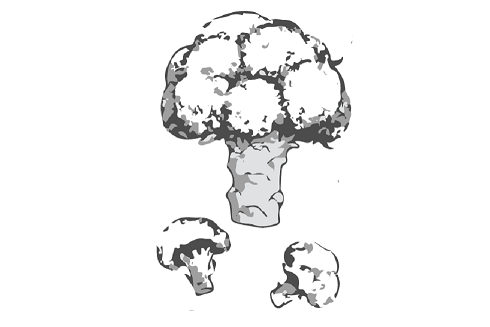
The same goes for your root vegetables
(carrots, beets, turnips, etc.)
which should also be stored in Tupperware-like containers. While they are crisp and crunchy upon arrival, they will go limp quickly if unprotected. The same suggestion holds for bulb vegetables (fennel, kohlrabi, etc.) and flowering or fruit vegetables (cauliflower, broccoli, summer squash, cucumbers, eggplant, peppers, etc.). Notwithstanding, a very few of these (garlic, tomatoes) do not like cold temperatures – it is therefore best to keep them at room temperature, on your kitchen counter.
Herbs remain an enigma for which there is no simple rule-of-thumb.
Basil and coriander do not keep well, despite all best efforts; use them quickly. Sage, parsley and thyme keep relatively well, provided they are stored in containers like the leafy greens et al., described above.
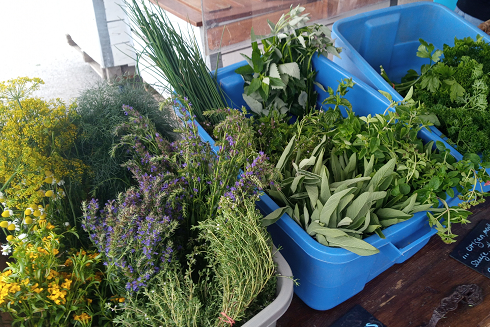
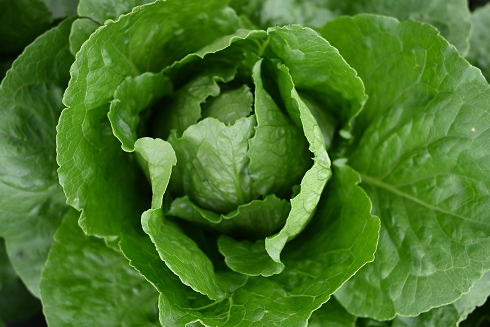
So there you have it – a few conservation guidelines,
the connecting thread being to avoid leaving any of your vegetables unprotected in your fridge…
To conclude, please see the content of your basket below –
and we look forward to seeing you all again.
CSA Basket # 4
Broccoli
Curly endive
Fennel
Kale
Kohlrabi
Garlic scapes
Green lettuce
Red lettuce
Spinach
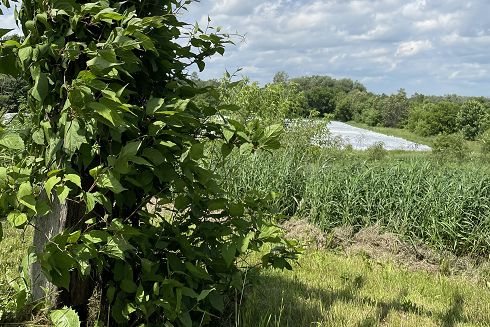
Water and Soil
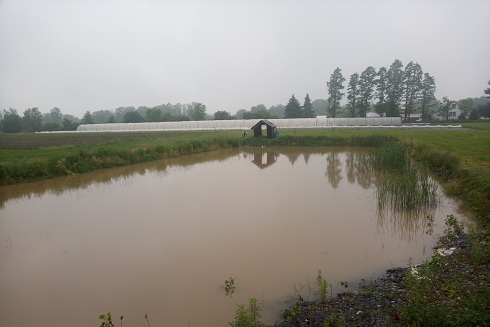
Last Friday we witnessed a diluvian downpour,
the likes of which we had not seen in a long time. In a few hours, all our fields were flooded, and our spring-fed pond and field drainage-replenished pond was likewise filled to the brim. A nice problem to have, those who suffer from chronic water deficits – our friends in the Outaouais valley, for example – countered as I was complaining about the collateral damage wrought by the torrential rains.
At the risk of oversimplifying, there are
two basic types of soil:
soil that absorbs water in a flash and rids itself of it just as quickly, and soil that acts like a sponge, storing it deep below the surface for drier times to come. We are fortunate to have the latter, a nutrient-rich soil which can stock water and release it slowly in harder times. To each his good, or ill, fortune – as I say to my Gatineau friends…

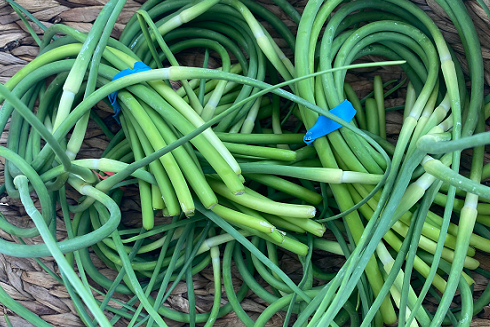
Yours will be another greens-filled basket this week, albeit with a touch of colour
courtesy of our friend Mathieu from Les Jardins DiversiBio – namely, Québec strawberries. Meanwhile, our garlic scape harvest begins tomorrow at dawn. And we’ll be serving up another novelty: an early season mustard green, the perfect addition to a salad of mixed greens or in a hot or cold soup (potage). The other items in your basket are safe bets, guaranteed to keep your intestinal tract in good working order : lettuce, spinach, Swiss chard, coriander and more.
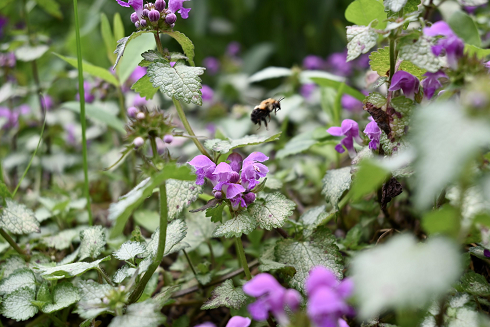
We look forward to seeing you all again.
Variable Weather
Go-with-the-flow is the watchword
which best captures the farmer’s stoic acceptance that it is Mother Nature who decides how one’s days are spent. This week is a case in point, as we compulsively await every Environment Canada weather update to plan our day, our week and our day of rest.
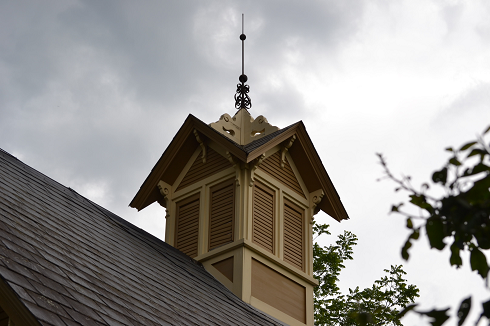
The upcoming week is looking to be depressed & depressing – with showers, overcast skies and only occasional sunny breaks to make up for the overall greyness. A far cry from this farmer’s ideal of three sun-filled days for every day of rain. In this less-than-ideal world, where things are as they are and not as we wish, we respond as we can, more often than not with surprise or consternation, or both.
I exaggerate somewhat, though, since even when Mother Nature throws a curve ball, she often makes up for it with moments of quiet happiness, a break in the clouds, a ray of sun and a patch of blue sky, breezes that eventually sweep the sky clean – serial epiphanies…
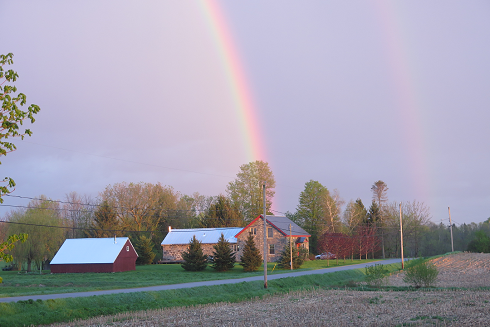
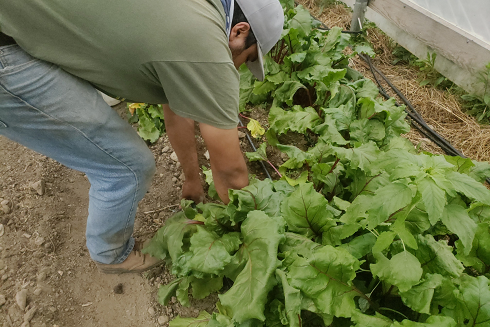
The greenery continues in your baskets,
but we’ll try not to bury you in leaves. There will be some, of course, but they will be mostly different from last week’s: kale or Swiss chard, escarole, colourful lettuce, spinach, basil, kohlrabi, potatoes from our friends at Ferme Samson & fils, beets or turnips and more.
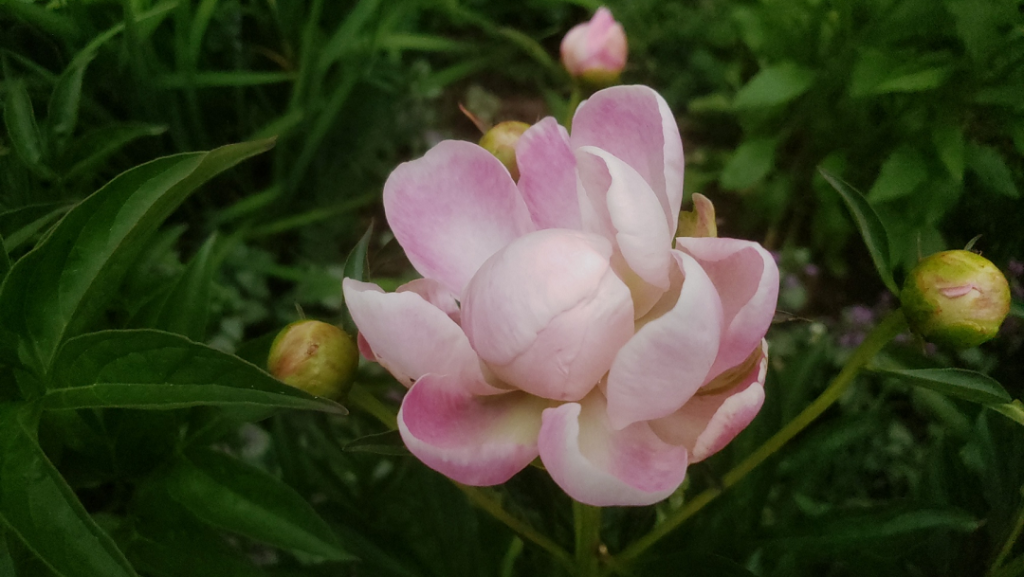
We look forward to seeing you all again.
We’re off!
This entry marks the launch of our 2023 CSA basket deliveries!
We’ve been busy over the last month, and what a month it has been! Four real frosts, some pretty chilly weather AND our first heat wave of the season…We did what we had to do, but it demanded an extraordinary expenditure of energy installing protective netting, then removing protective netting on warmer days so our plants could breathe, then re-installing protective netting in response to the latest frost warning issued by the high priests of the Ever-Changing Weather Temple, Environment Canada. Overall, our plants survived the successive frosts, although some of them are underperforming relative to their average growth curve (but should be able to make up for lost time), and others will continue to run behind schedule until a slightly delayed harvest date.
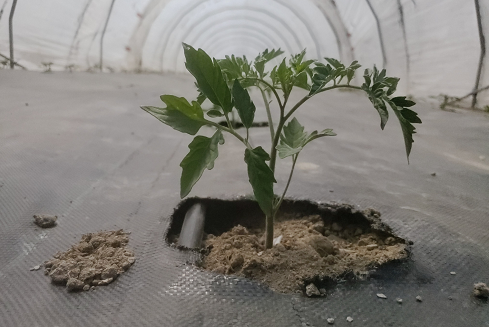
And don’t get me going on last week’s heat wave: welcome relief from the cold at first, it nevertheless complicated matters as we had to ration water (managing the water levels of our irrigation ponds which have to continue to provide water for an entire season of vegetable growing) to ensure everything got enough water until the next rain.
Your baskets will be overflowing with greenery these first weeks, leafy greens of all sorts with a few root vegetables thrown in for good measure. You may have to adjust your cooking just a bit to make sure you put such beautiful seasonal leafy vegetables to good use. In this week’s basket you’ll find arugula, beets, pak choi, coriander, lettuce, spinach, (sunflower) sprouts and japanese turnips.
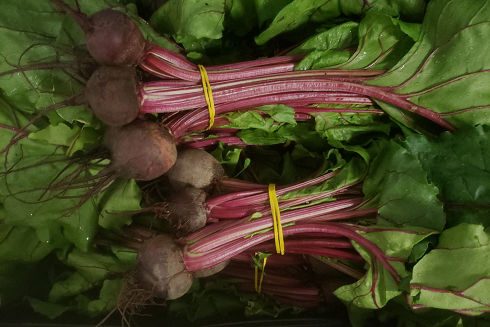
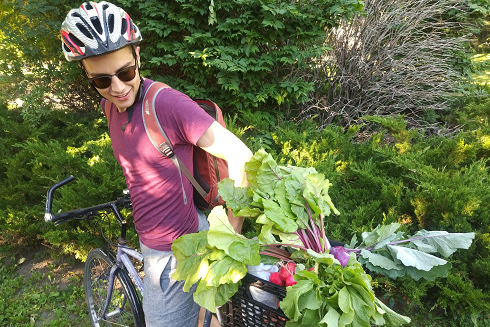
I remind our new farm members not to forget to bring bags to cart your produce home;
the baskets we use for our deliveries head back to the farm to be used for the next delivery.
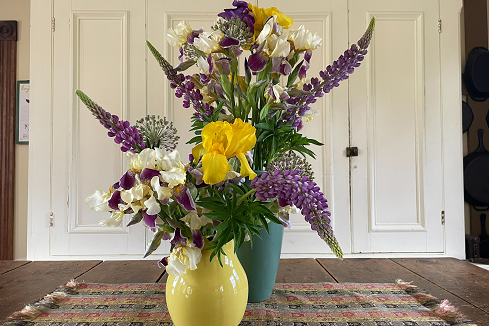
To the procrastinors amongst you who have yet to register :
It is not too late to sign up – we still have room for you at all our locations!
Going Full Tilt
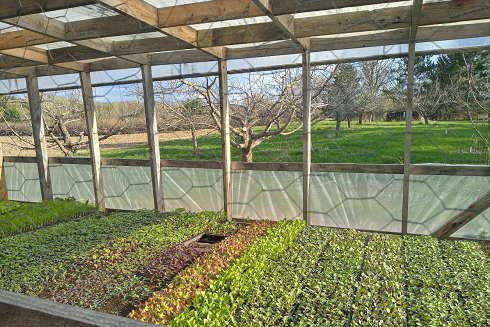
One month since our last newsletter and the pace is really picking up. Seedling production is going full tilt, so much so that our seedling greenhouse extension is bursting at the seams. One of our big cold greenhouses is already full (with spinach, lettuce, beets and coriander…), the other two will be filled this week. Nothing surprising here, given that the main justification for their construction was to preserve us from Mother Nature’s weather whims, which can be terribly unpredictable at this time of year.
While we briefly caught a glimpse of summer two weeks ago, it was something of an accident, as colder temperatures and rain have returned with a vengeance. Indeed, the beginning of May is looking to be both cold and wet. One man’s curse is another man’s blessing, though, as the cooler weather gave us more time to prune our black currant and our blueberry bushes which are now just about to break bud.
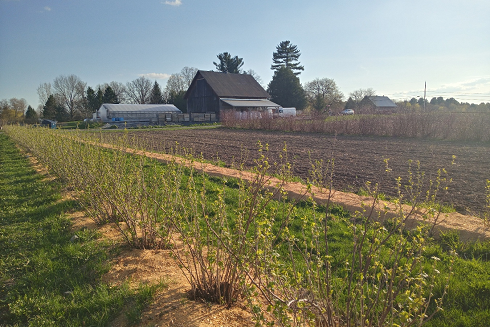
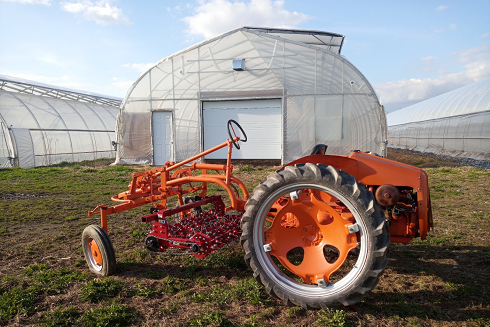
Only 6 weeks to go before deliveries begin at our three neighbourhood drop-off locations…
We look forward to seeing you all again this summer.
Greenhouse Rituals
The opening of our seedling greenhouse is something of a ritual,
a familiar routine that one cannot circumvent, a to-do list that one repeats year after year, albeit always with some apprehension: will the furnace fire up as it should – or not? Will there water flow – or not? Fortunately, the furnace started; but sure enough, a couple of hours of to-ing and fro-ing between the well, the pump and the greenhouse were required to fill the water pipes so the season’s work could begin in earnest.
After 14 years, one would think that the ritual would be a given,
a choreography executed with mindless effort, with sowing coming to me as naturally as breathing. But no, winter erases all reflexes and much know-how, and the first pinches of leek seeds are clumsily sown in not-so-straight lines in their trays. The disorientation is only momentary, though. As muscle memory returns, the lines become straighter, the sowing becomes more precise and the trays are filled with increasing speed and efficiency.
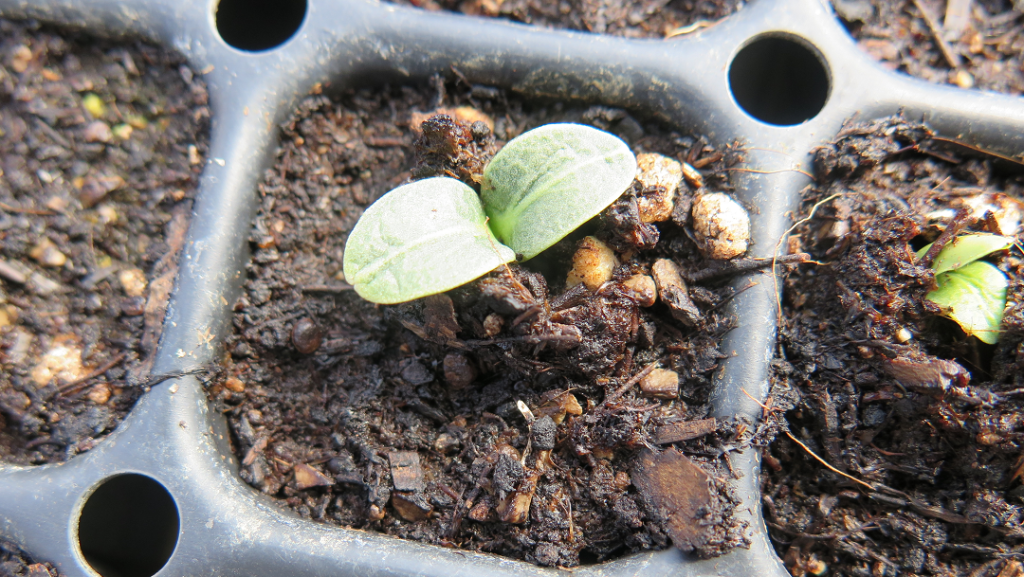
Now I can say the growing season has truly begun in earnest…
We look forward to seeing you all again this summer.
Another Year, Another Season
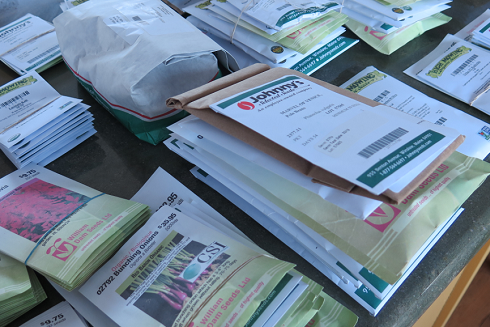
Although another winter chill is in the offing this weekend, it is high time for us to shift gears, to imagine for a moment that Spring is upon us, and to launch the 14th growing season at Arlington Gardens with great fanfare. We have already received most of our seeds (a source of endless delight), completed our field and crop rotation plans (an origami-like challenge of epic proportions) and are now awaiting a thaw or two to begin tinkering with some of our farming machinery and equipment. We find ourselves in a pleasurable and contagious state, one that leads us to want to invite you to share in our excitement by registering for the 2023 season asap.
CSA basket deliveries will begin on Wednesday June 7 and, depending on your drop-off location, will end on Sunday, November 5. As always, you will have the choice between a smaller basket ($31 per week for 1 to 2 adults) and a larger ‘family’ one ($42 for 3 or more people); and at our market stands, you will also be able to choose between a pre-packed CSA basket and our pre-paid ‘Loyalty’ card – which allows you to buy what you want, when you want it (any unused balances simply carry over the the next season). As you may already know, we are quite flexible with respect to members’ vacation schedules, provided you commit to making up for missed baskets before and/or after your holidays (or find someone to stand in for you in your absence).
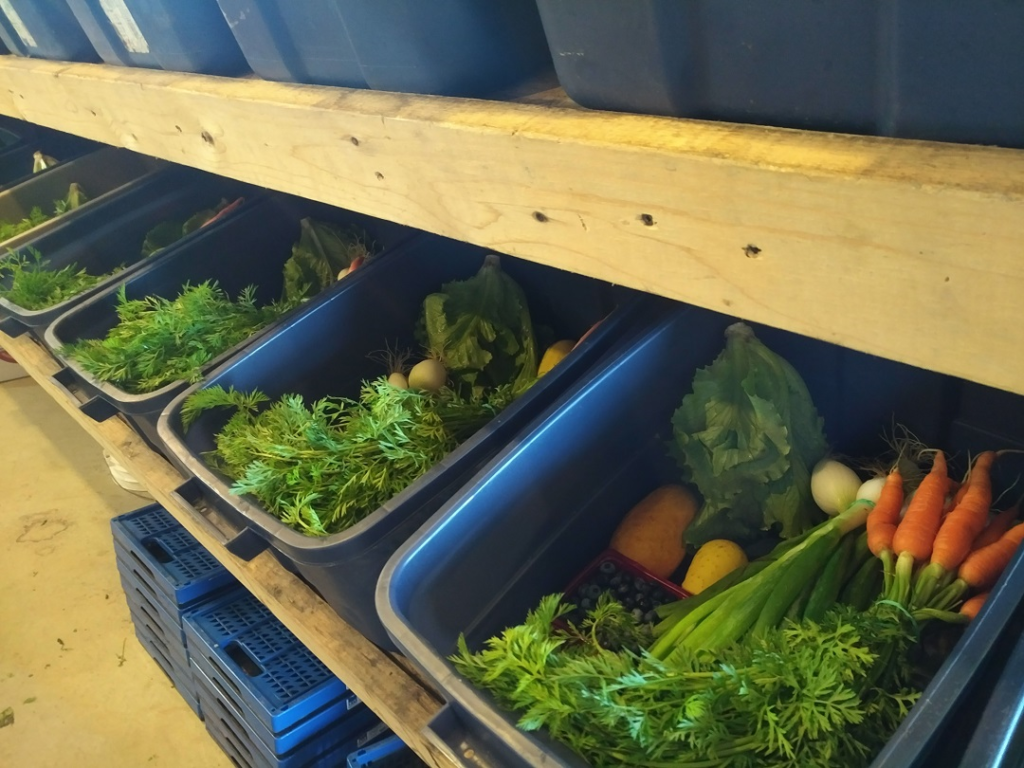
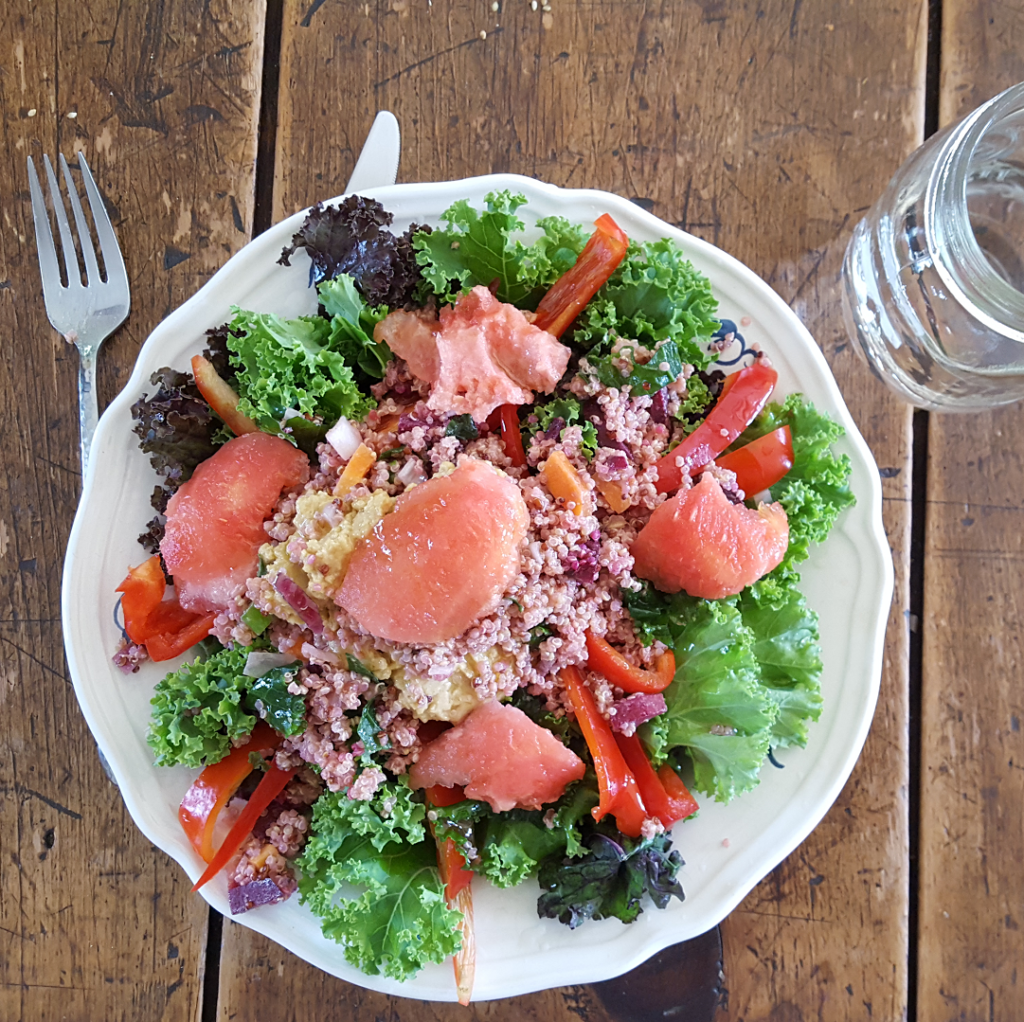
We have had a milder winter this year, which means we are hopeful that we will be able to offer several weeks of organic blueberries this year. This stands in marked contrast to last year, when plummeting temperatures in January 2022 nipped almost all our blueberries in the proverbial bud, so to speak. I will spare you the long list of all the vegetables that will fill your baskets and that you will find on our farm stands over the course of the season, but I will mention our ongoing fascination with the wonderful world of Asian greens. I will also strive to perfect our production of parsnips and root celery, two delicious fall vegetables that have proved challenging in recent years. Suffice it to say that our mouths are already watering at the thought of so much freshness to come – cucumbers, tomatoes, peppers, eggplant, lettuce, leeks, zucchini and so much more.
We remind you that we will, once again, be delivering the organic breads of our friends at Capitaine Levain at neighbourhood drop-off locations in the city* and at the farm. To register for their breads, please note the links we provide on our sign-up page and use them to register directly with them. We find their (organic, sourdough) breads truly exceptional, which is why we have continued to deliver them to you over the years.
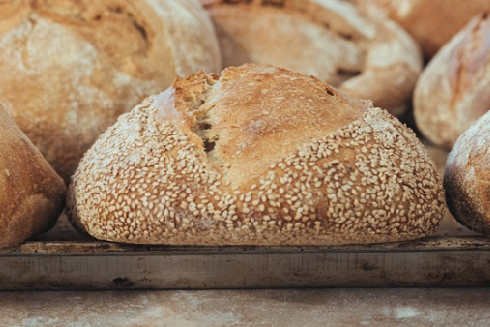
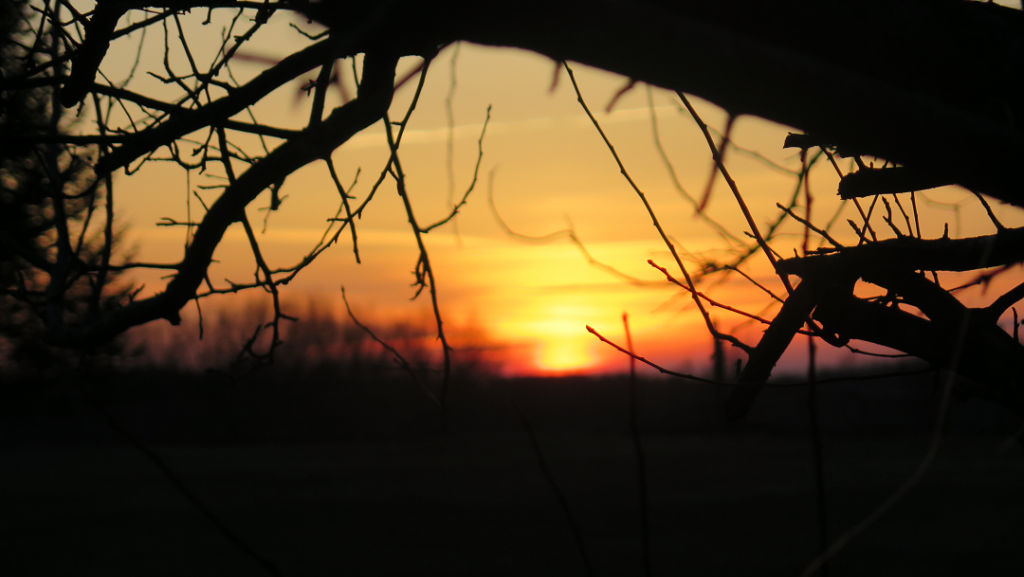
We hope to see you return in droves, and look forward to seeing you all again this summer.
Race to the finish line
How does the season end at Arlington Gardens?
Invariably in a race to the finish line…As I write these lines, though, the sun is shining, the breeze is refreshing and the light is exquisite. Although it rained hard last night, marching orders are to harvest any and every thing edible – the last root vegetables, leafy greens of all types. There is definitely enough produce to fill your baskets, but we have yet to decide who will get what.
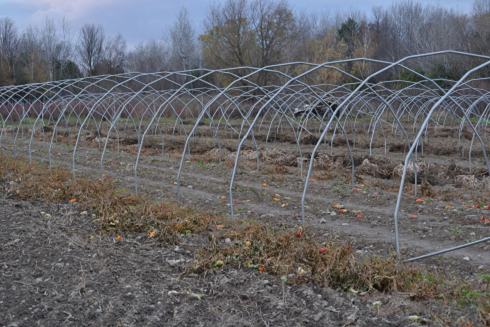
I am often asked what we do with all our leftover produce at the end of the season,
to which I respond that there isn’t usually that much left, except for our onions, which, ever since we introduced them to drip irrigation a few years ago, are (super) abundant, a real multiplication-of-the-breads scenario…
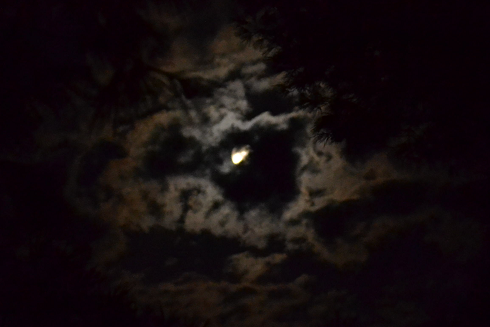
So close to the season’s end, it’s still too early to perform a satisfactory post-mortem,
but it’s never too late for a heartfelt thank-you for your continued presence at your respective drop-off locations, a weekly pretext to exchange with you on vegetables and other topics. CSA baskets may not be the best illustration of freedom of choice – a trendy topic these days it seems – but they remain a great means for connecting farmers with their farm members. Indeed, that is reason enough for us to continue to offer you our baskets, always striving to ensure we deliver an interesting diversity of high quality produce. That said, it is high time for us to call it a day and take a (well deserved, we think) break, all with a view of coming back refreshed and ready to take the farming plunge for yet another season. We will likely not be sending out a customer survey this winter, but we remain open to feedback, comments and questions from all of you in a bid to continue to improve our offering.
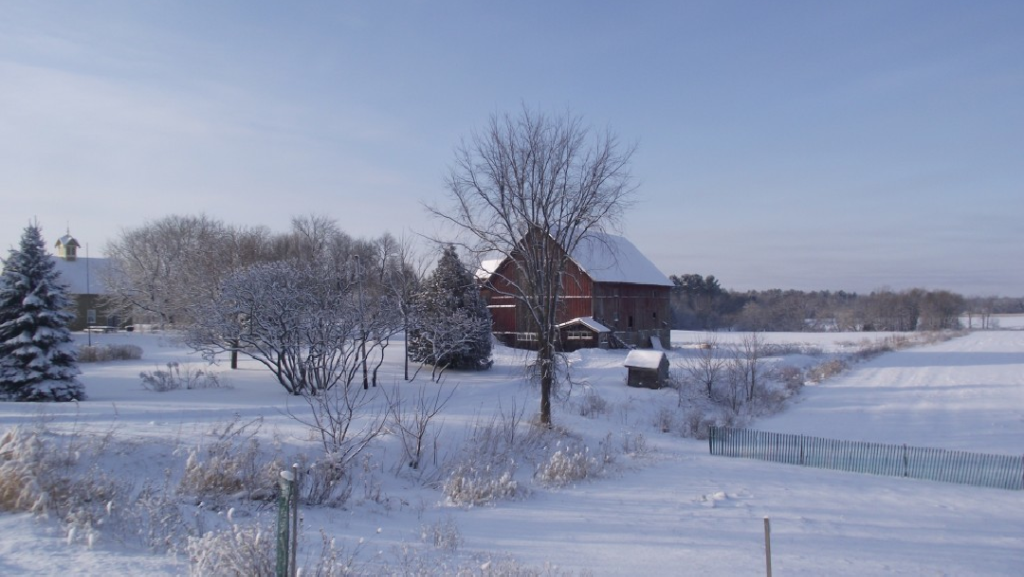
In closing, we wish you a great winter and
hope to see you return in droves next spring.
End-of-Season Vibe
There is a palpable end-of-season vibe at the farm
which is manifest in our collective nostalgia for a summer that has truly ended, leaving way to an autumn that is now firmly ensconced. We smell it in the air we breathe in as we traipse through our empty fields and walk along the few remaining scattered vegetable beds, and as we work in the warehouse which no longer benefits from an accumulation of mid-day warmth.
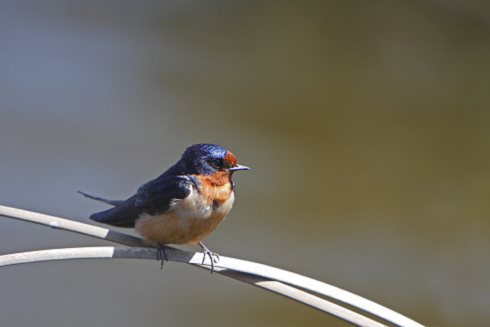
There is also a definitive end-of-season look on the faces of our last farm employees
who are counting the time remaining until they can call it a day and head off to (much) warmer climes. We too await the end of this 2022 season – eager as always to perform our seasonal post-mortem and revisit our successes and our missteps – all with a view to beginning anew when the swallows return in the Spring.
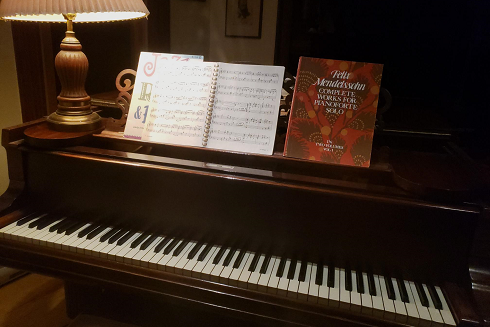
And as many of you may surmise, we are also eager to break with the intense pace of farm work,
to breathe deeply and enjoy some of the things that elude us throughout the season – namely some socializing, nestling into an armchair with a good book and a bit of travel – in sum, activities we hold dear but that are wholly incompatible with life on a farm during peak season.

Back to baskets:
they will be heavy again,
filled with cabbage, winter squash, carrots or kohlrabi,
leeks, potatoes, leafy greens, shallots and more.
We hope you had a Happy Halloween and look forward to seeing you all again.
When the end is nigh
It’s (kind of) like the (Stanley) Cup, to this farmer at least:
the season’s almost over – only two to three weeks left to harvest our last vegetables, clean the warehouse and bid 2022 farewell. At this point, what has not grown will not grow, beds with no ground cover will remain uncovered and we will focus what energy we have left on tasks that are nigh impossible to perform at the peak of the summer but that can be done in an almost leisurely fashion now.
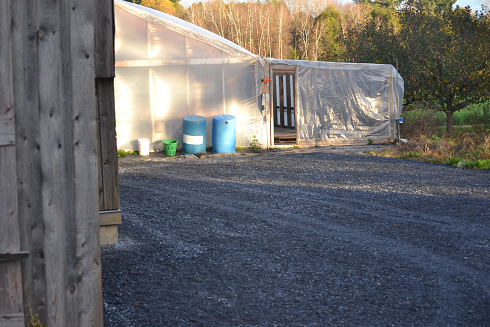
I speak not of the dismantling of our tunnels this week, or the general tidying of netting scattered here and there in the fields.
Rather, I am thinking of the cement platform that has to be poured for our warehouse extension, a project we’ve been planning for a while. Not to mention another dismantling, that of our old Hayloft Adventures farm stay project – one we had worked on with much effort and passion back in the day, but that was back-burnered when we decided to enter the Atwater, then Jean-Talon, markets.
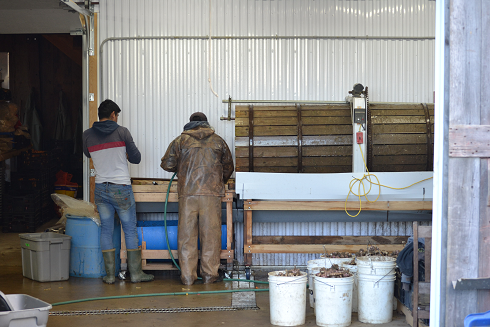
This week’s baskets will witness the return of the pumpkin, Halloween oblige.
To be decorated, then eaten.
Given the continued variability in our end-of-season greens, they will differ from one location to another – enumerating them at this juncture would be premature. I hope you won’t hold it against us. Onions, potatoes, winter radishes and/or Jerusalem artichokes will mostly complete the list, but so will other Fall vegetables.
We look forward to seeing you all again.

